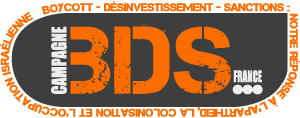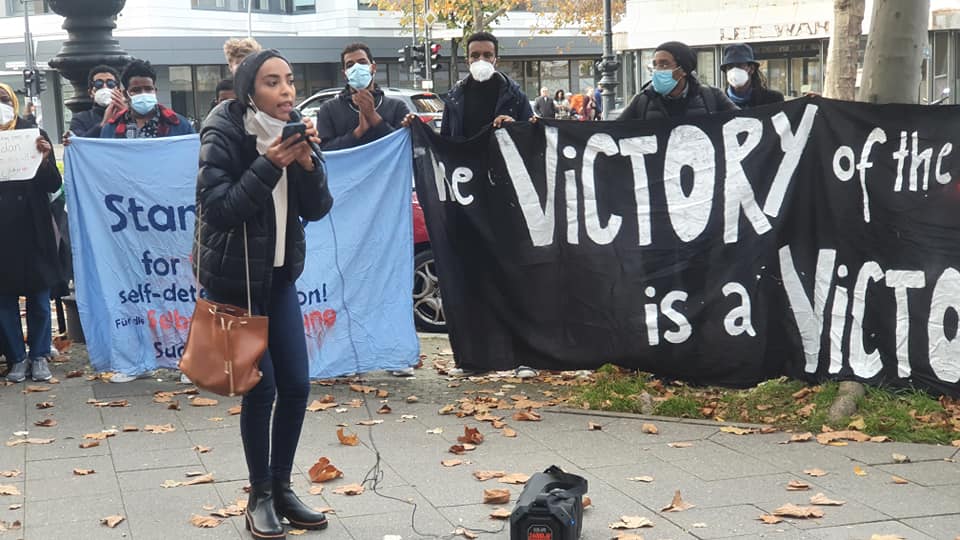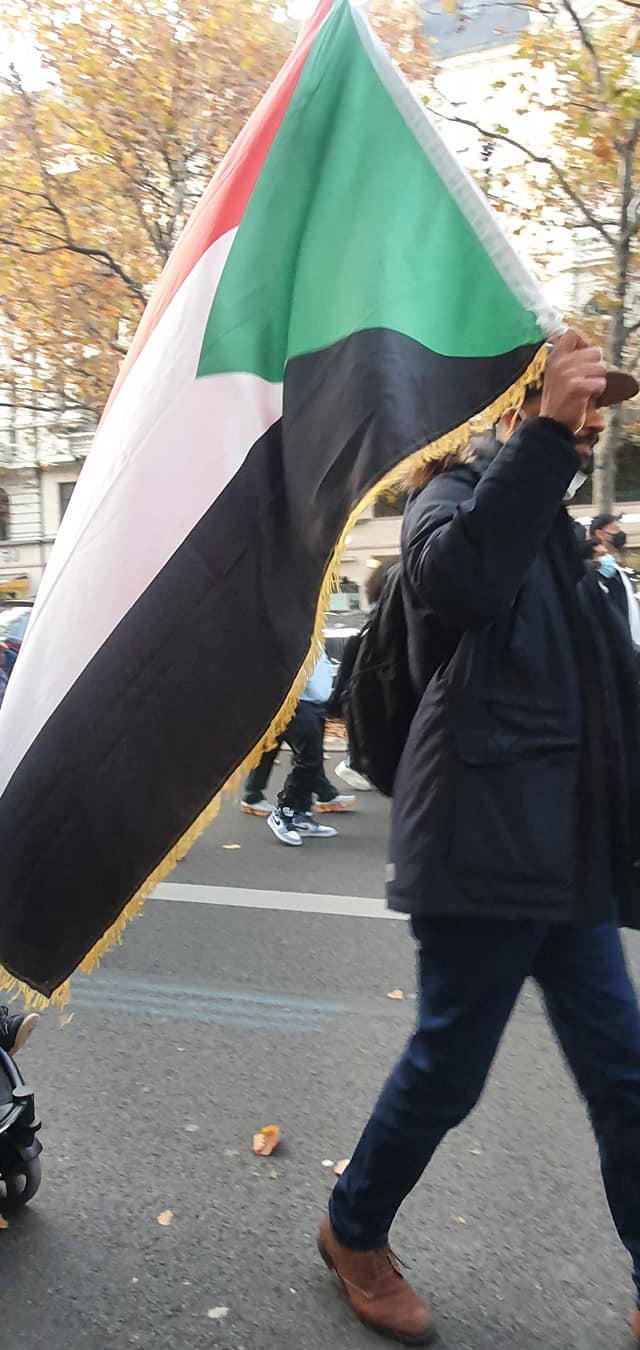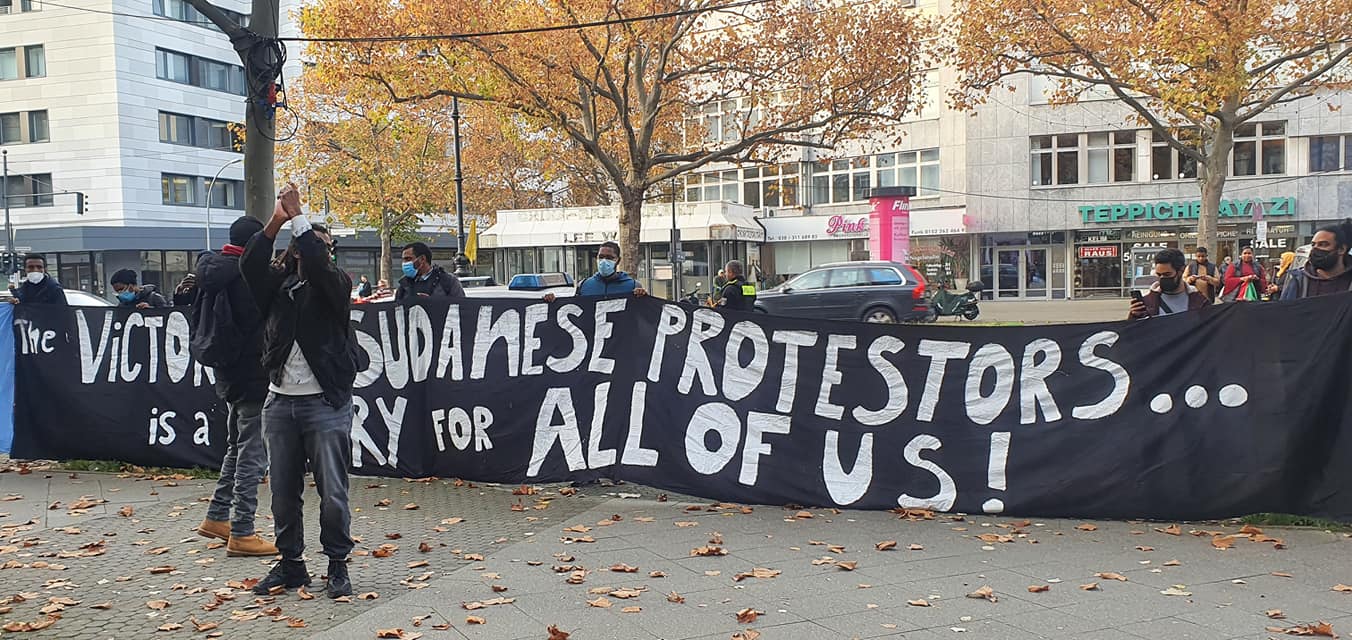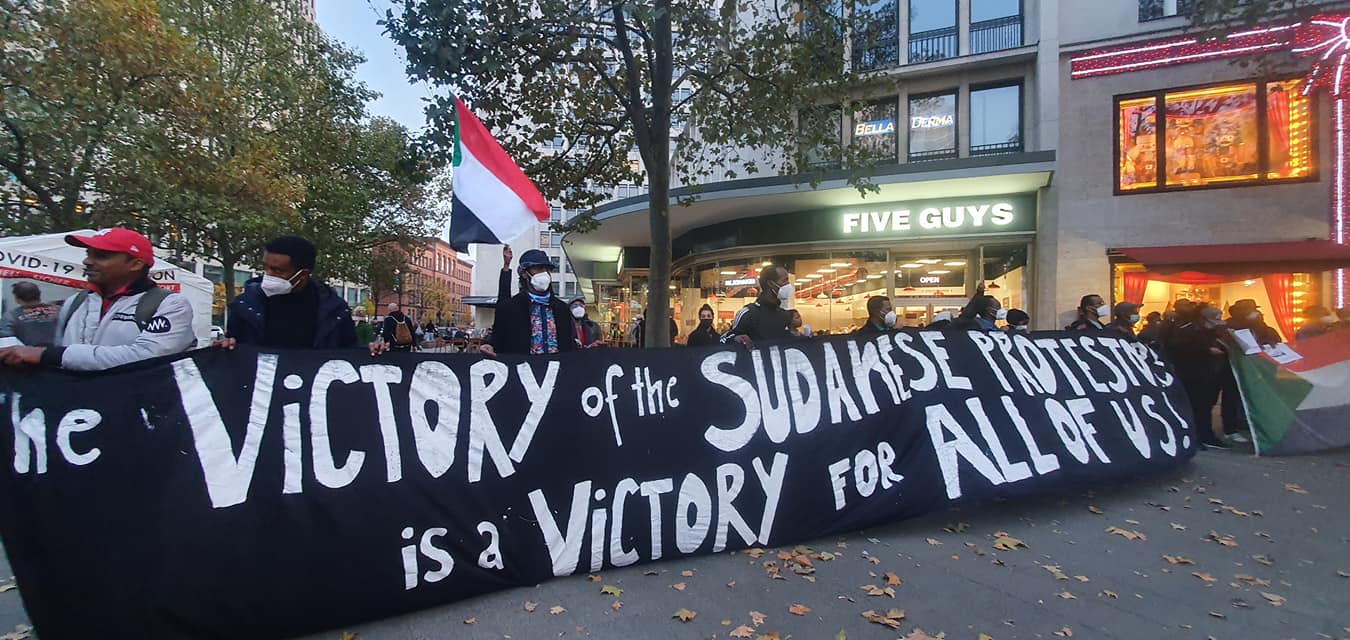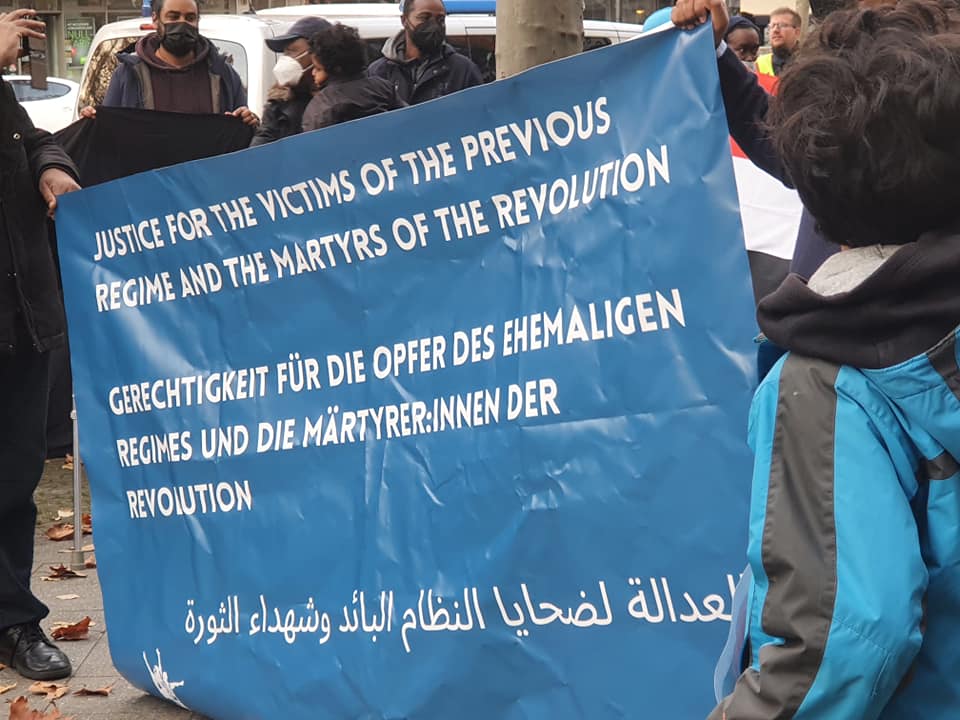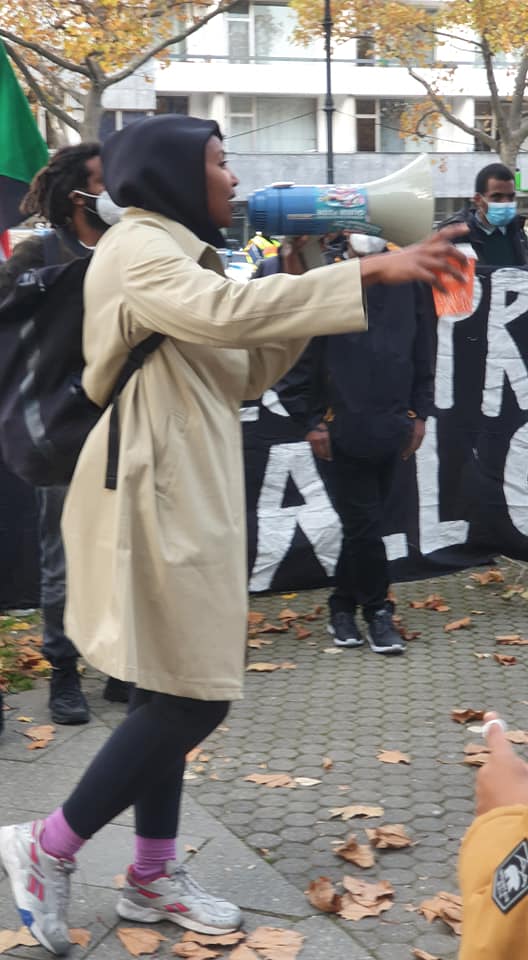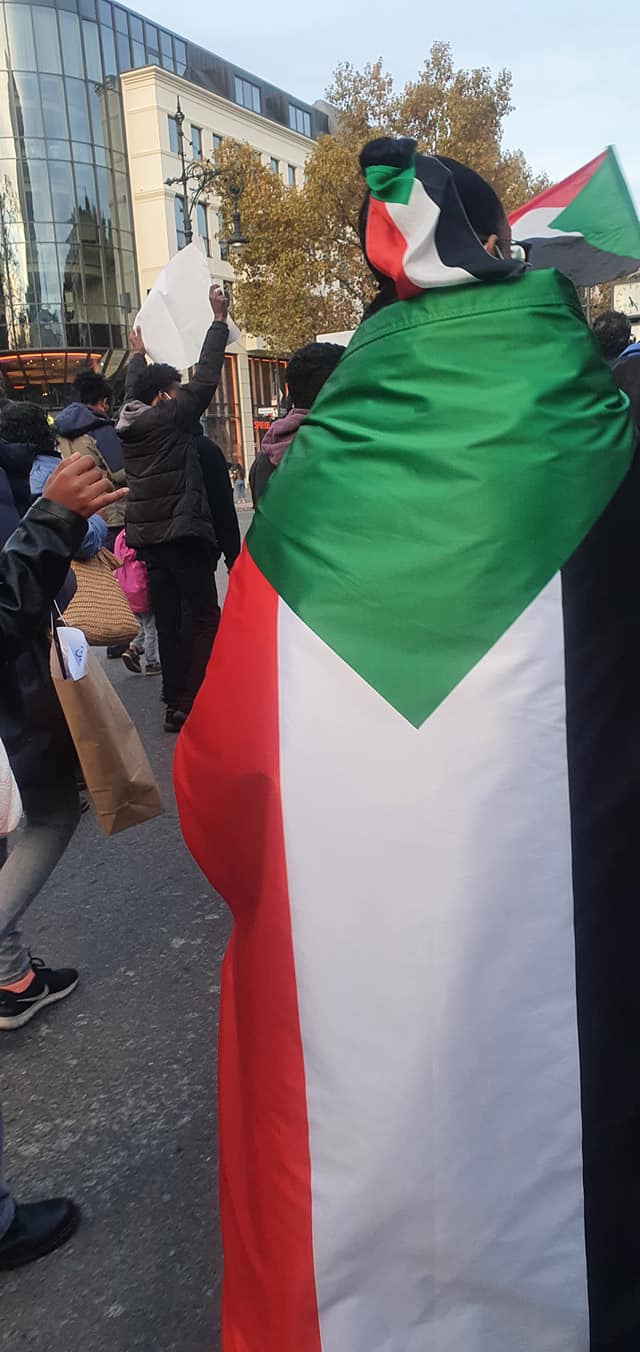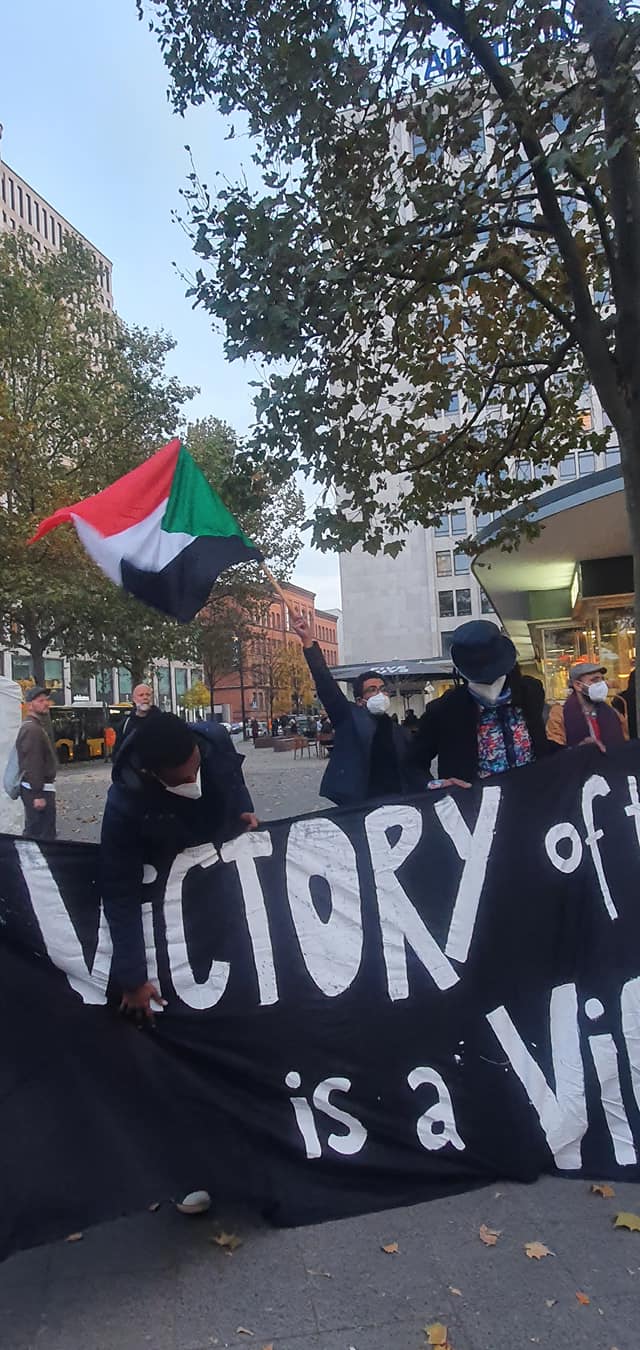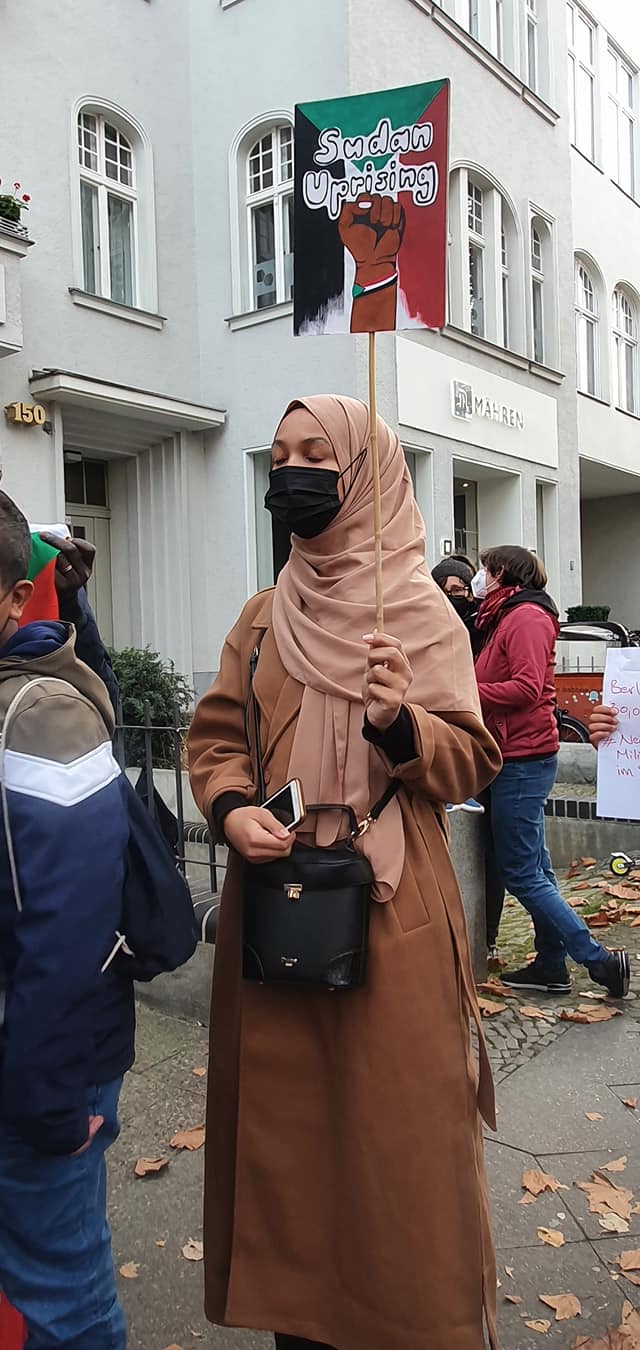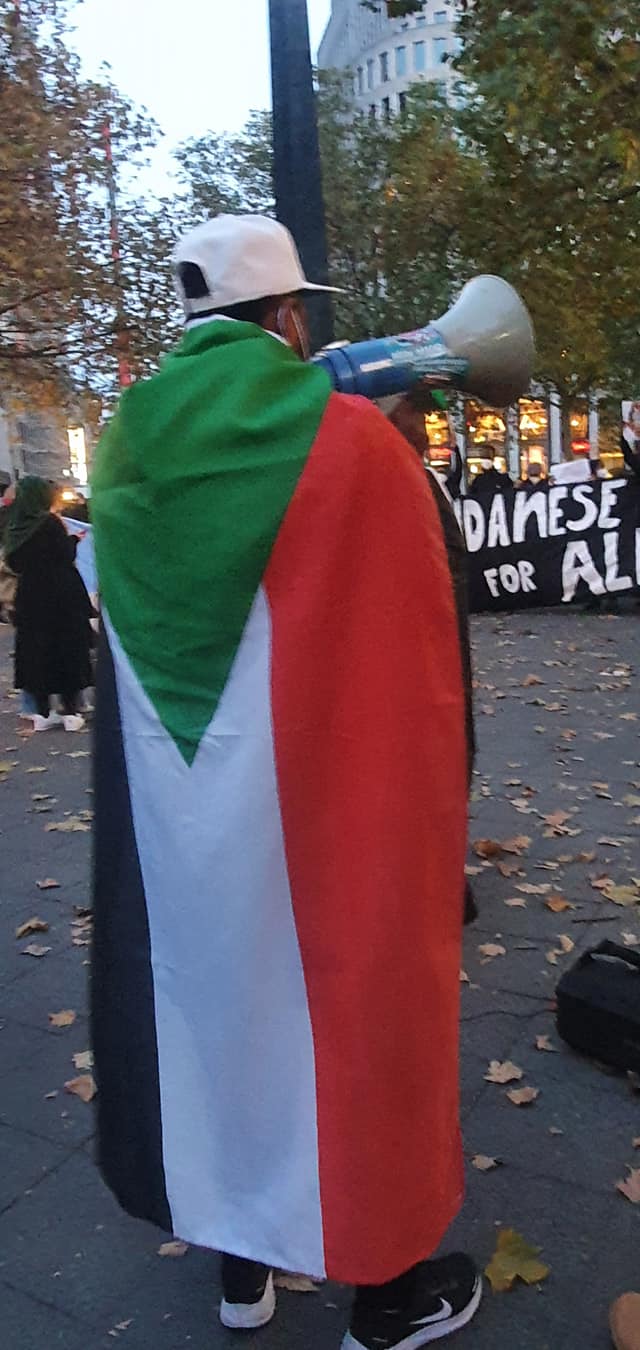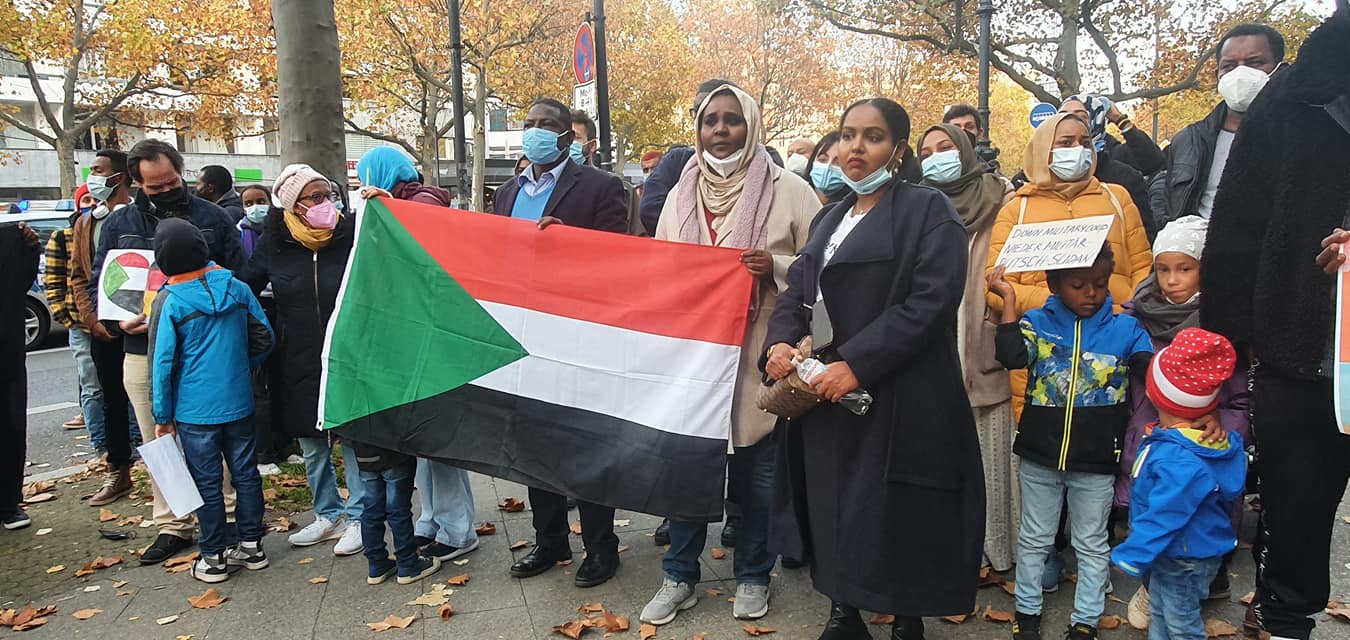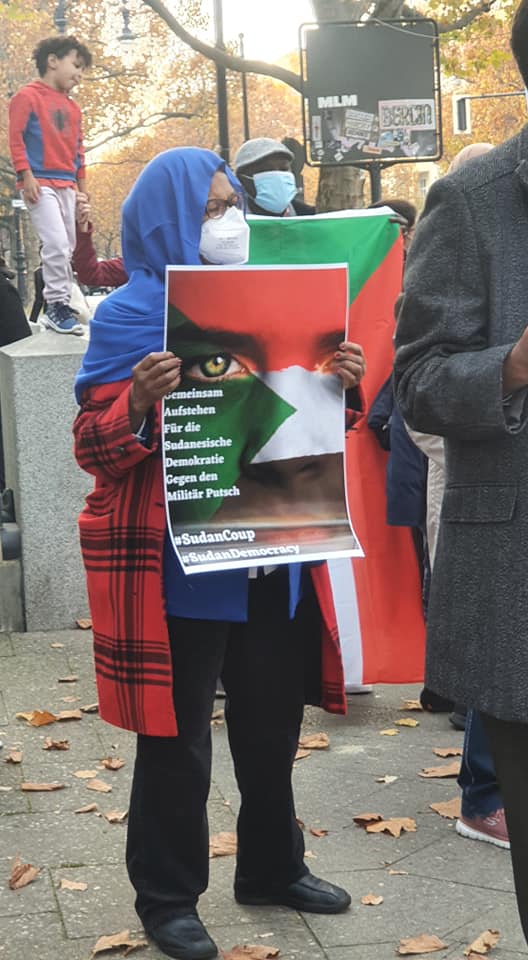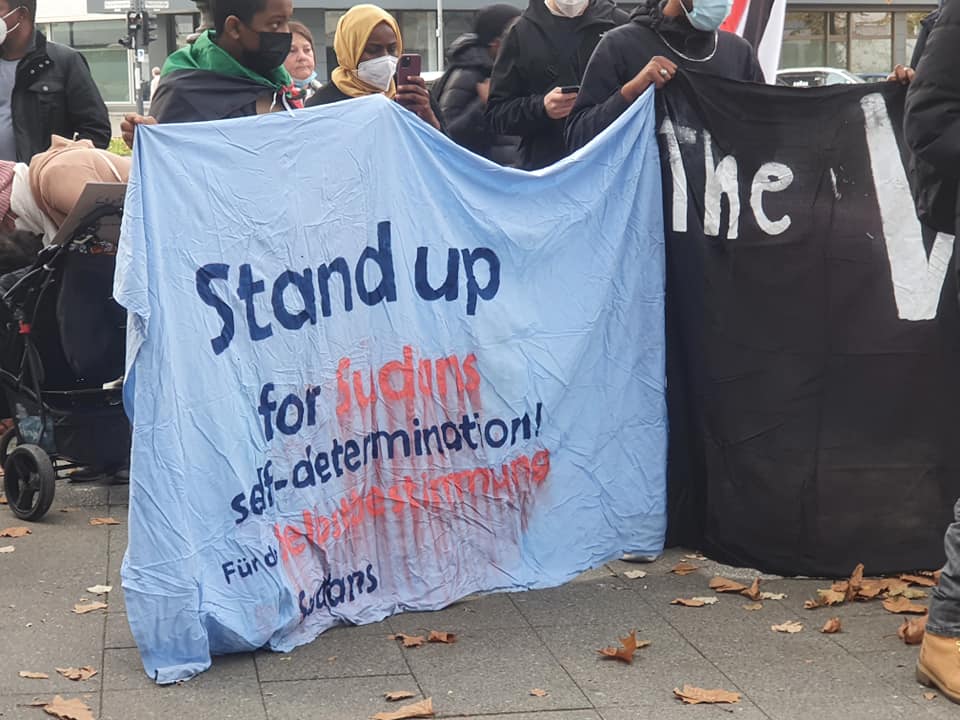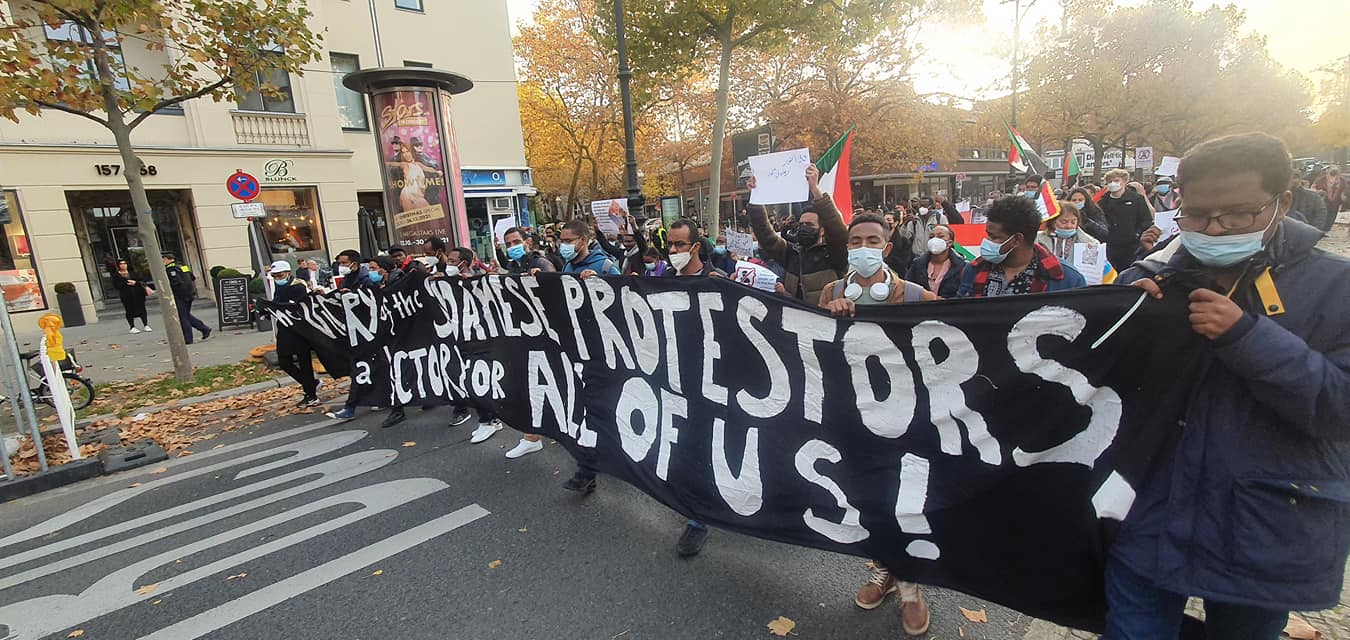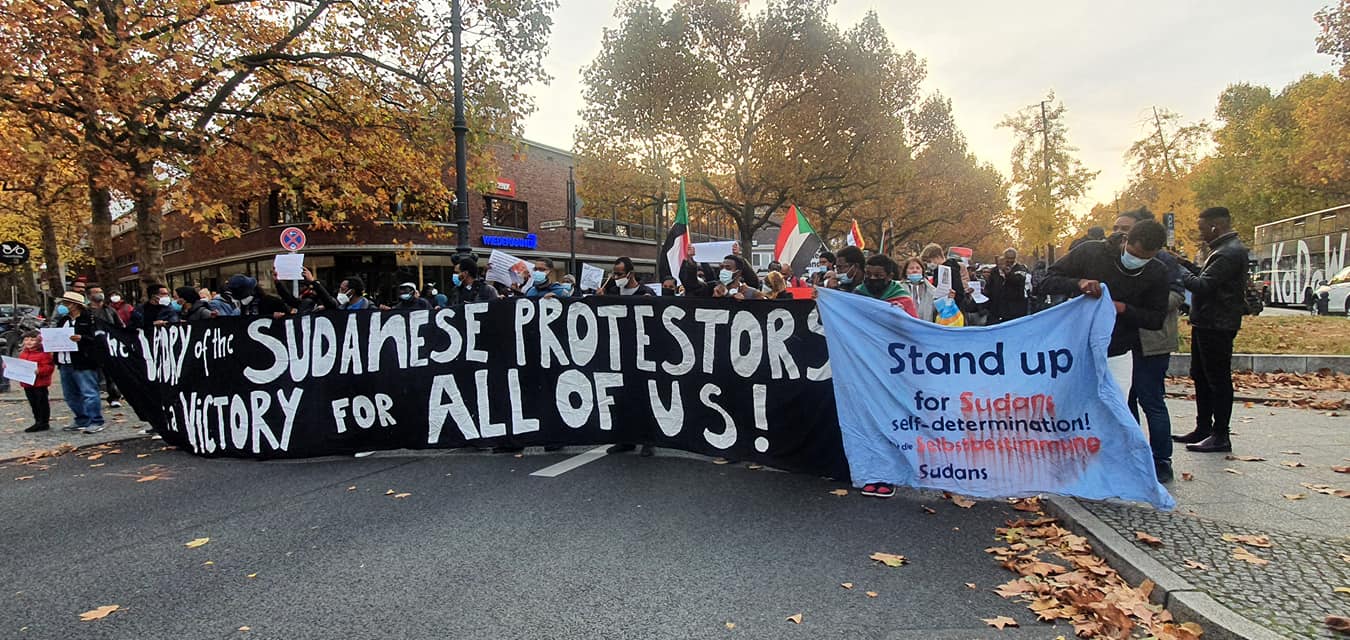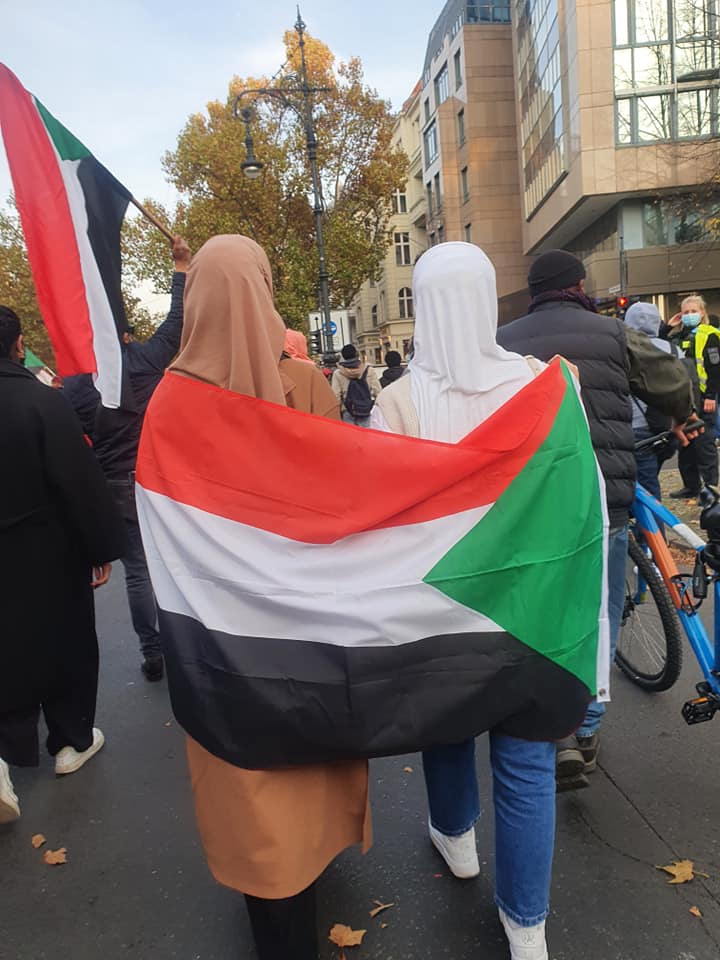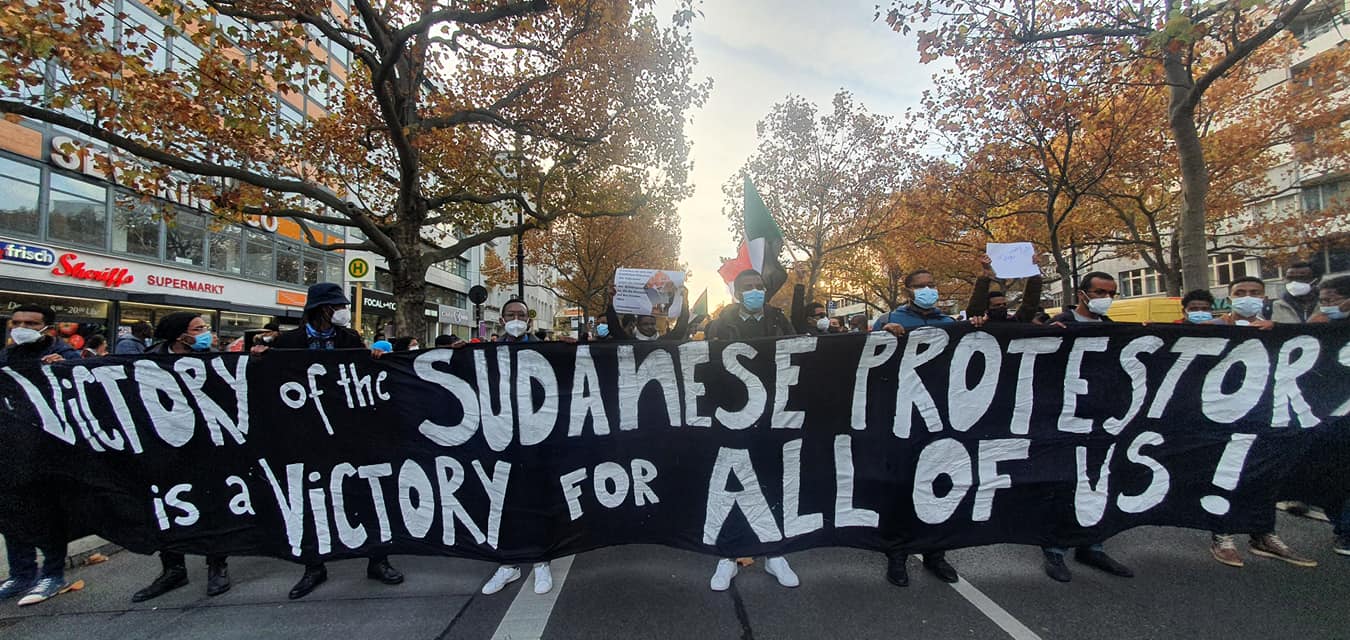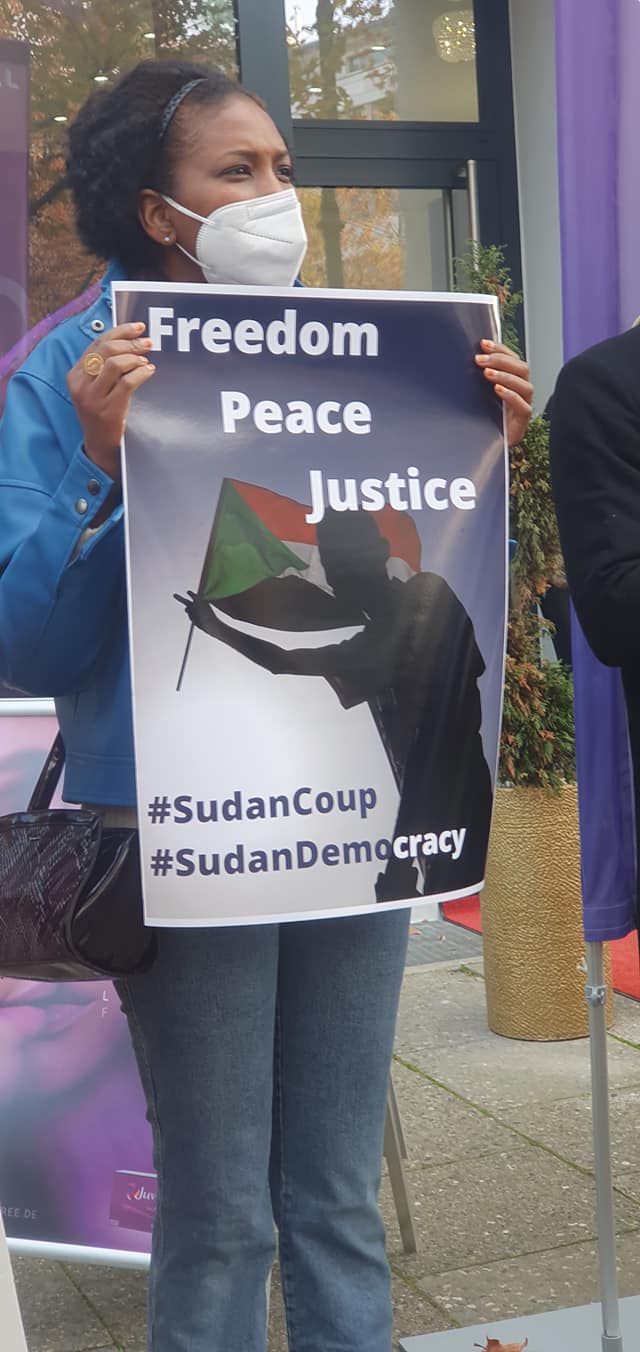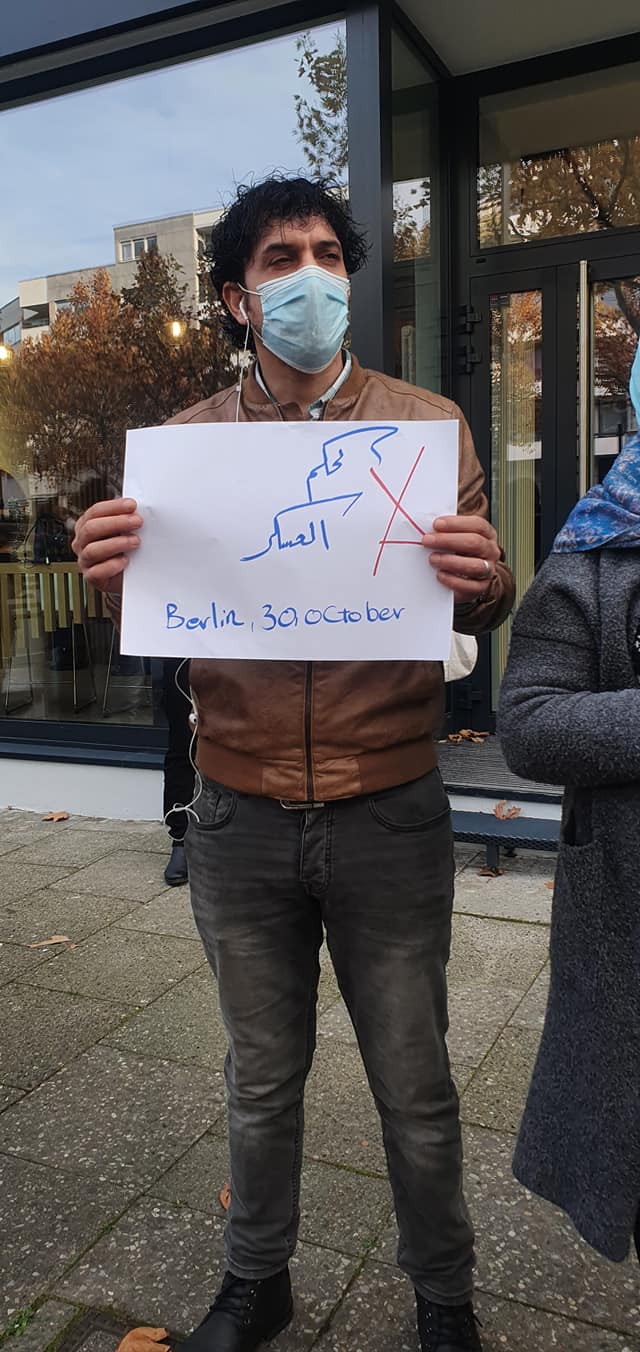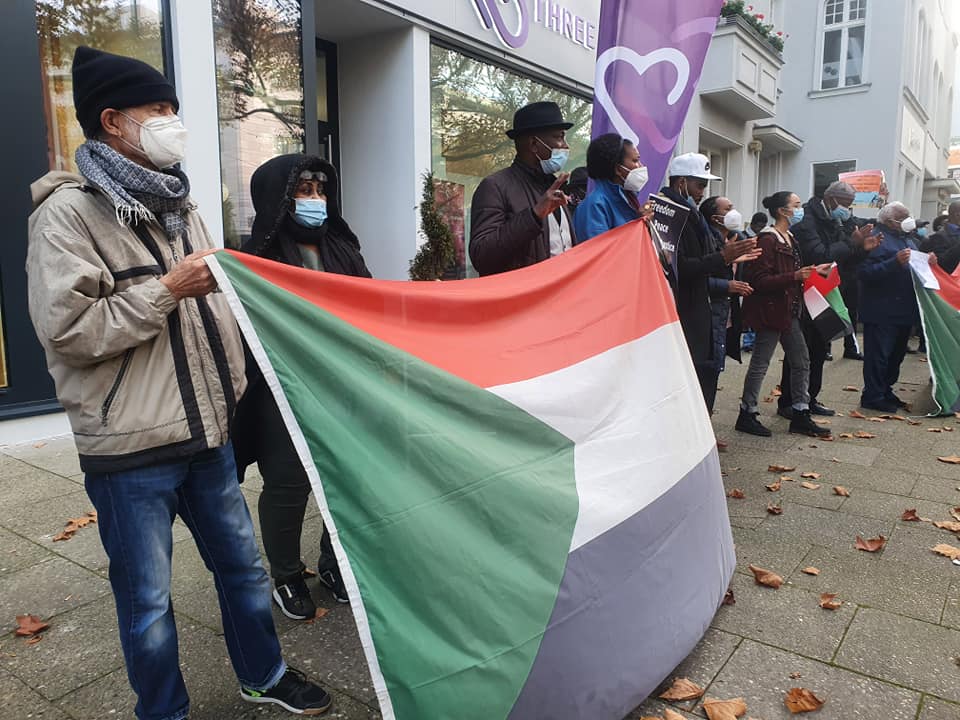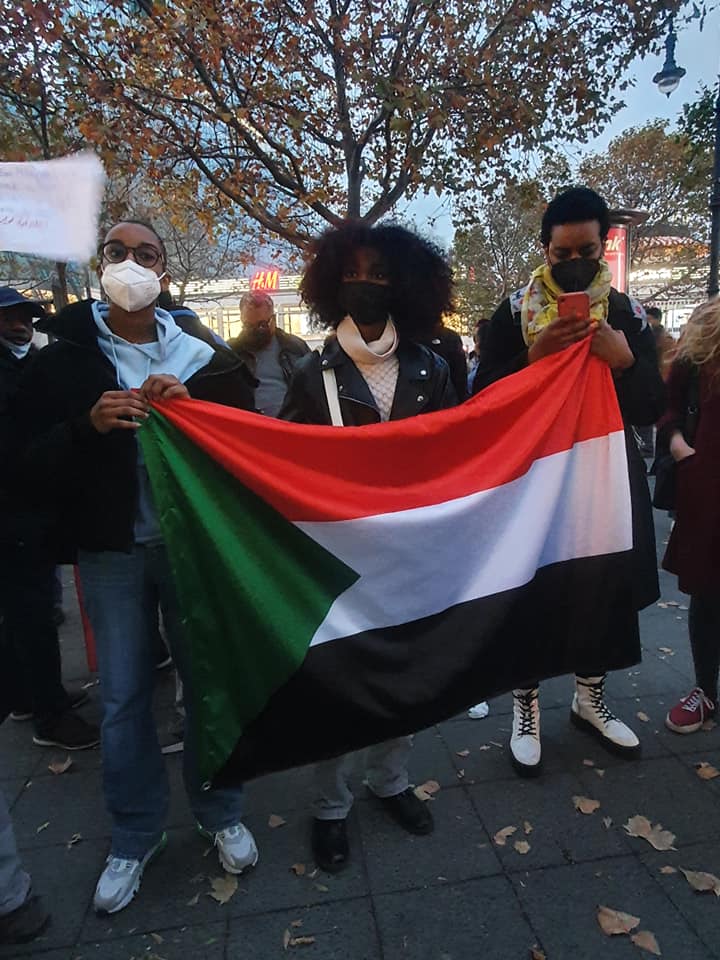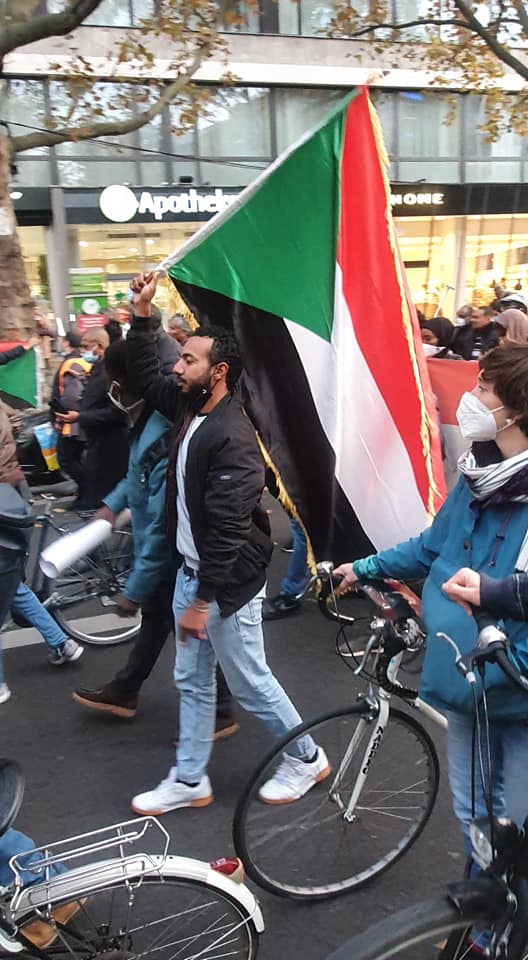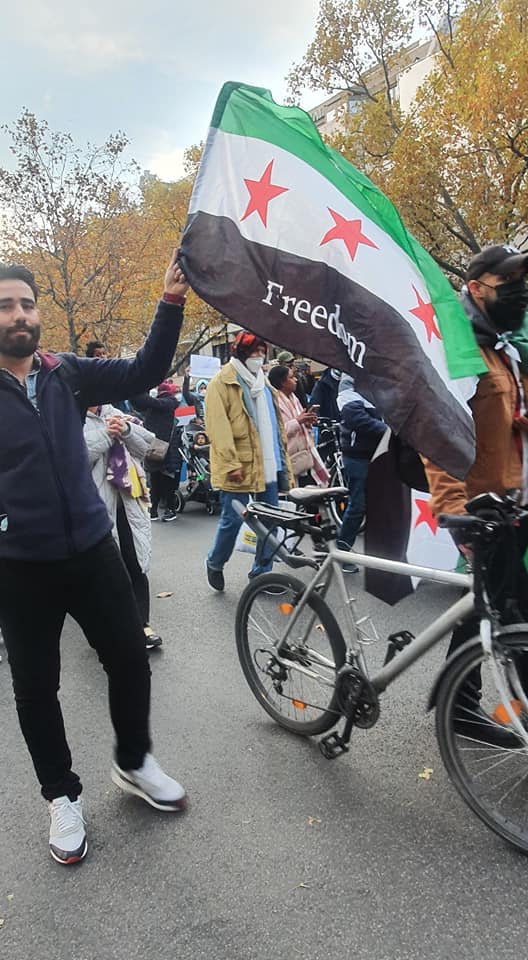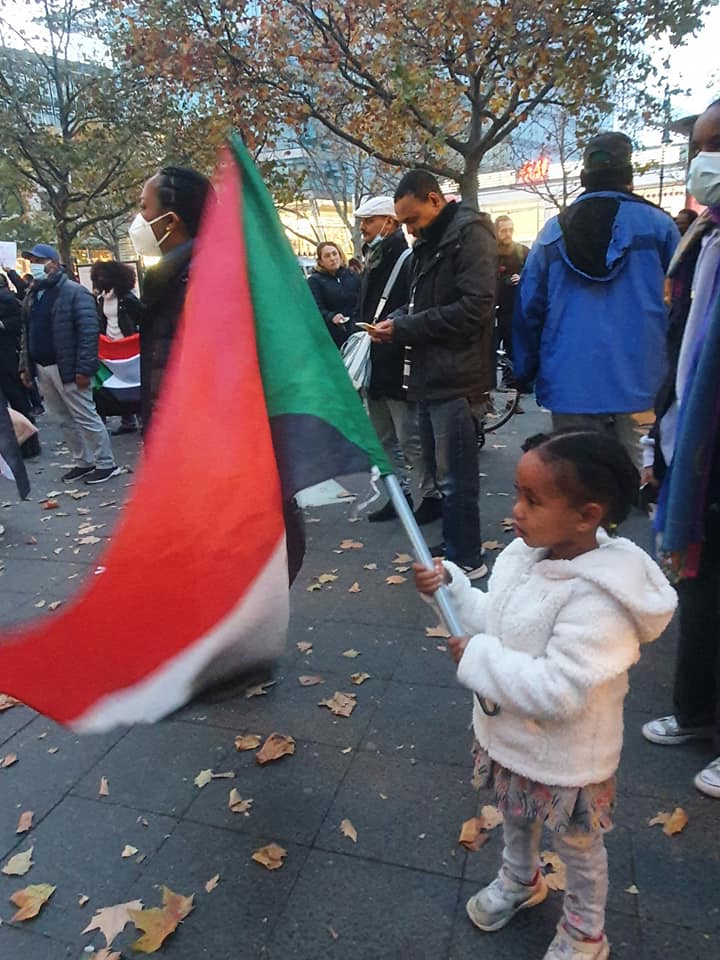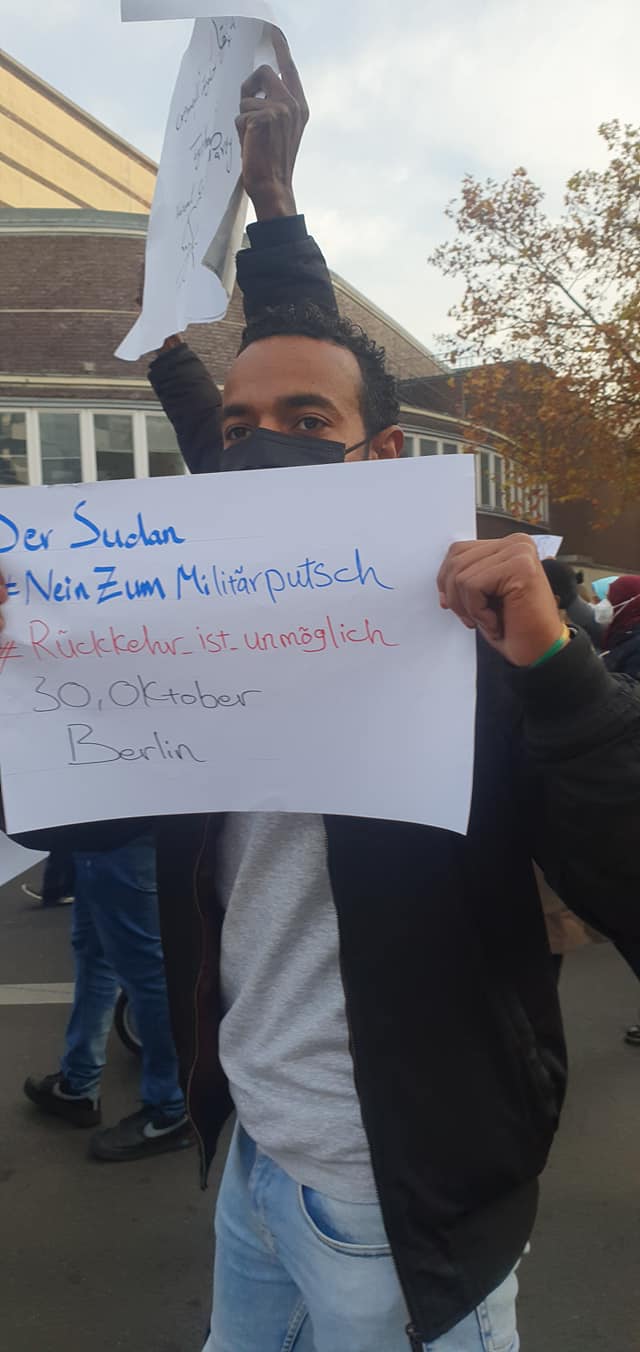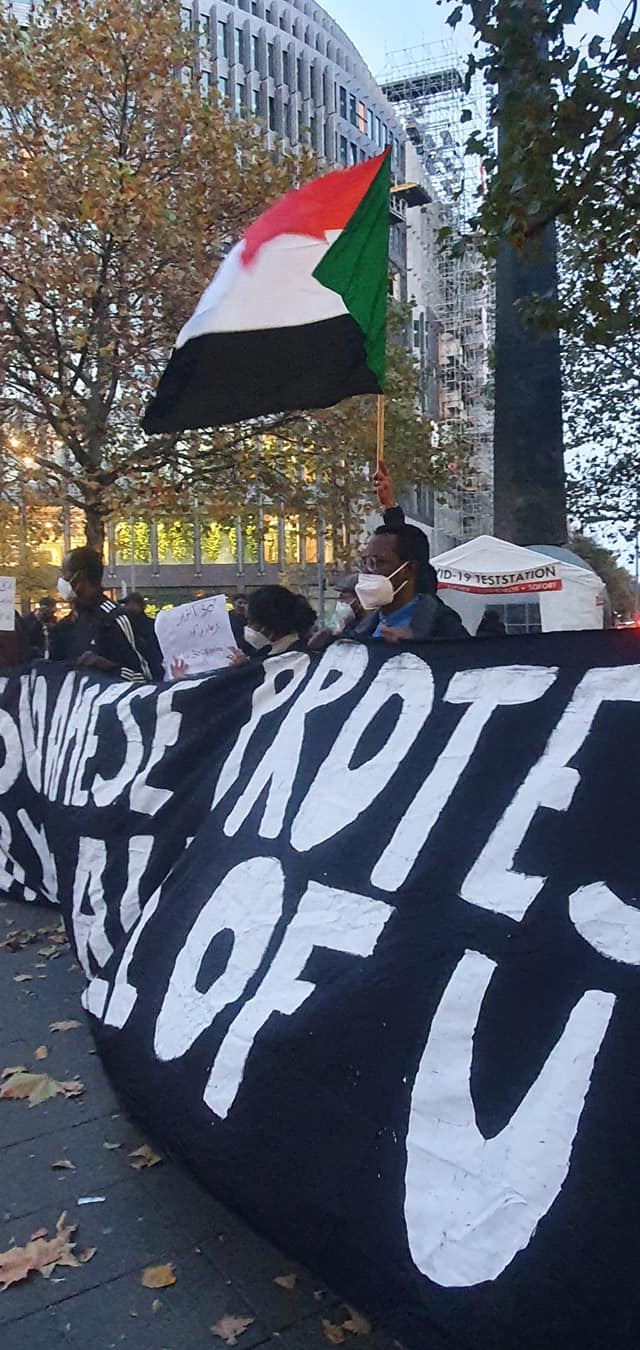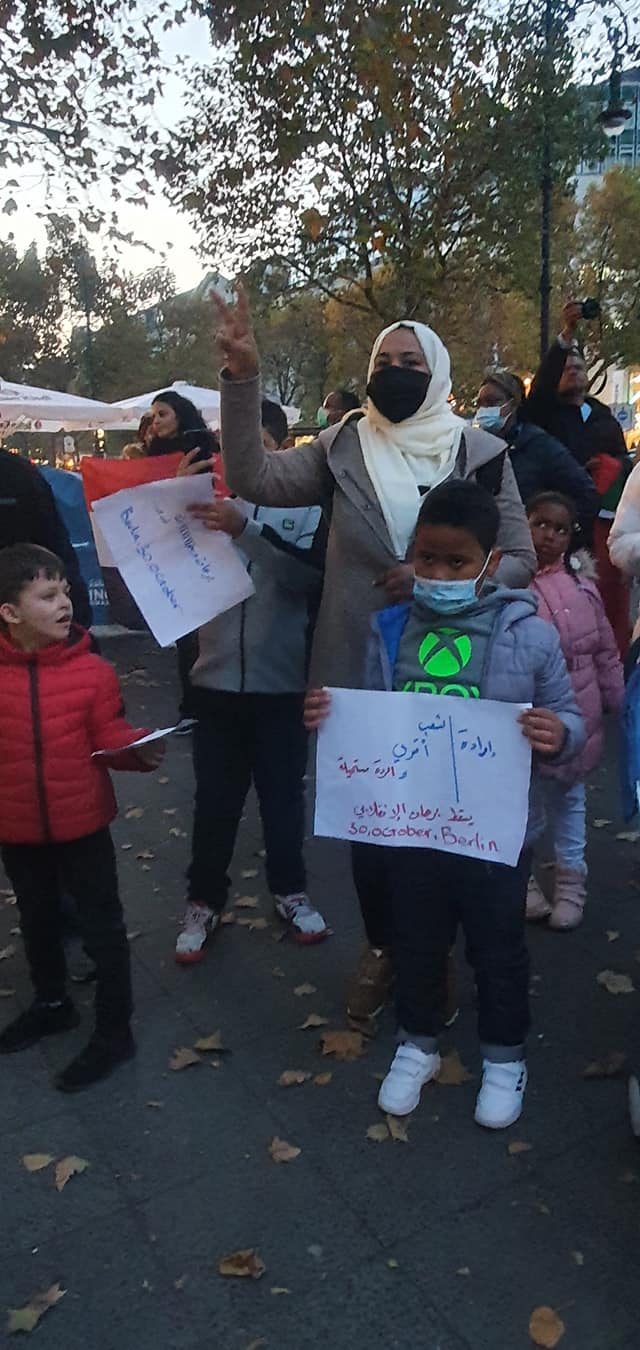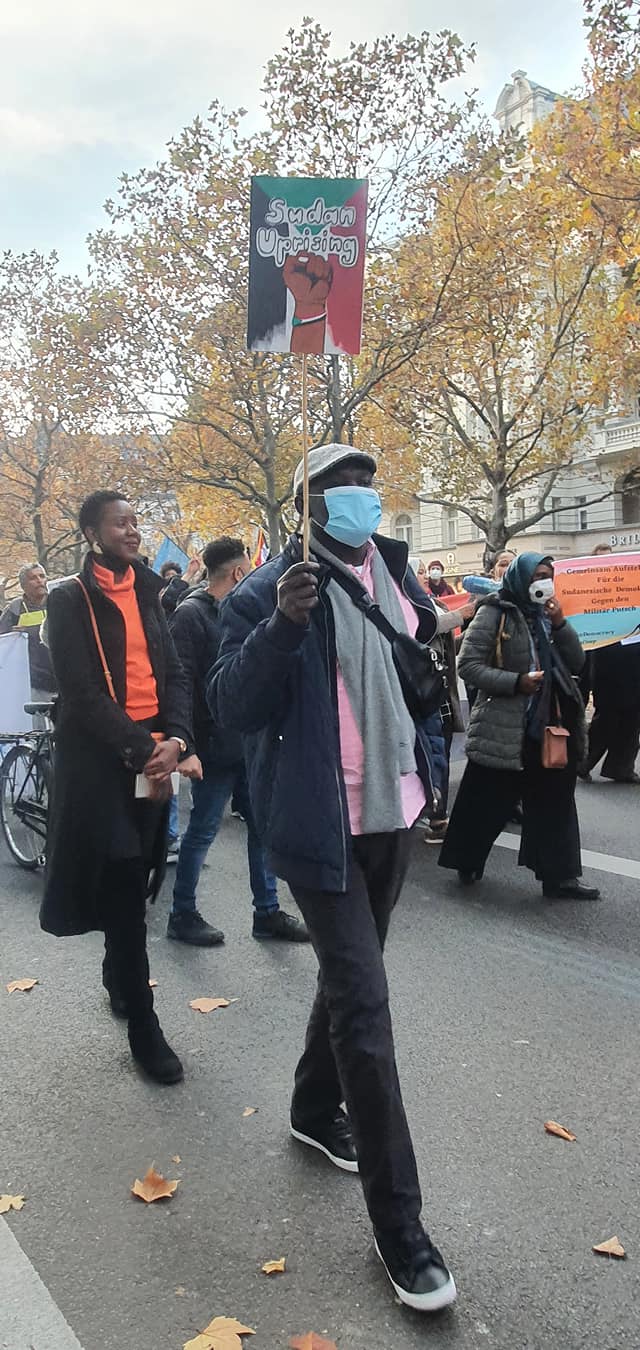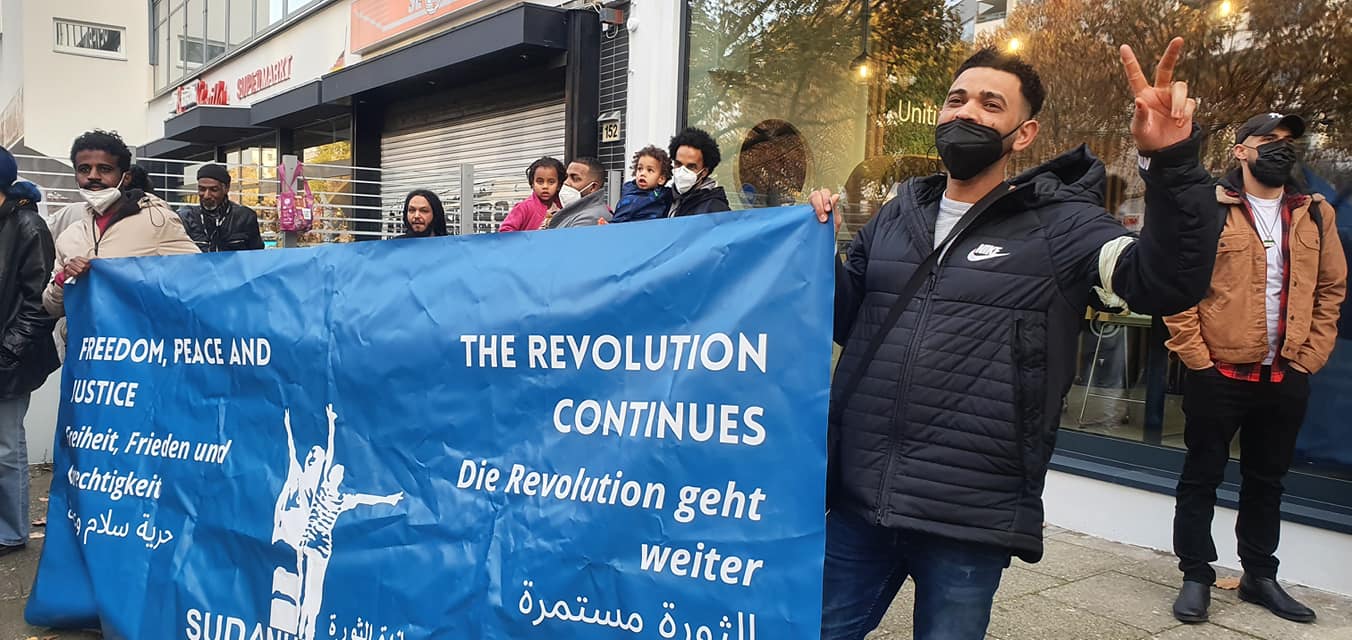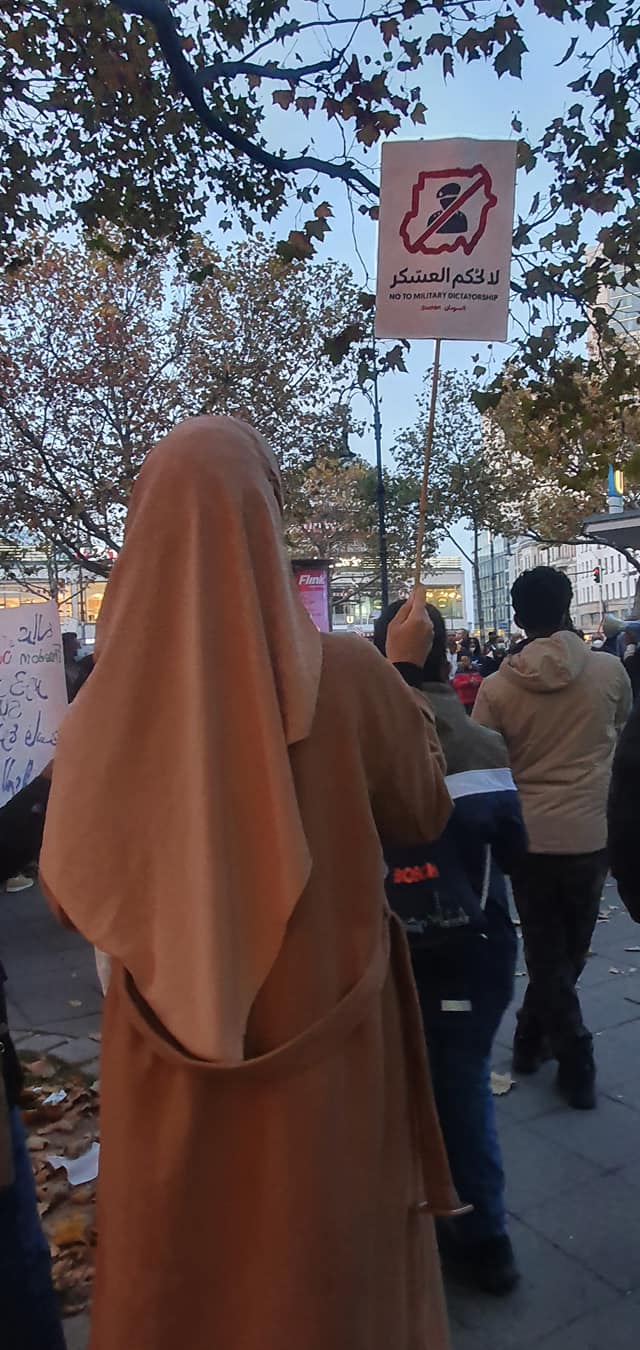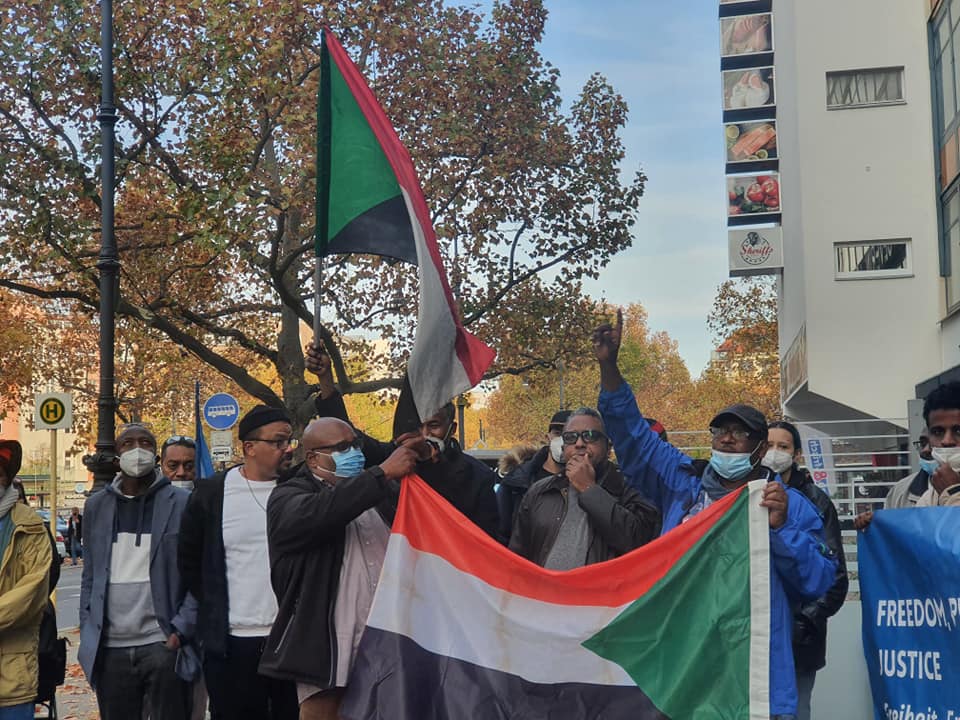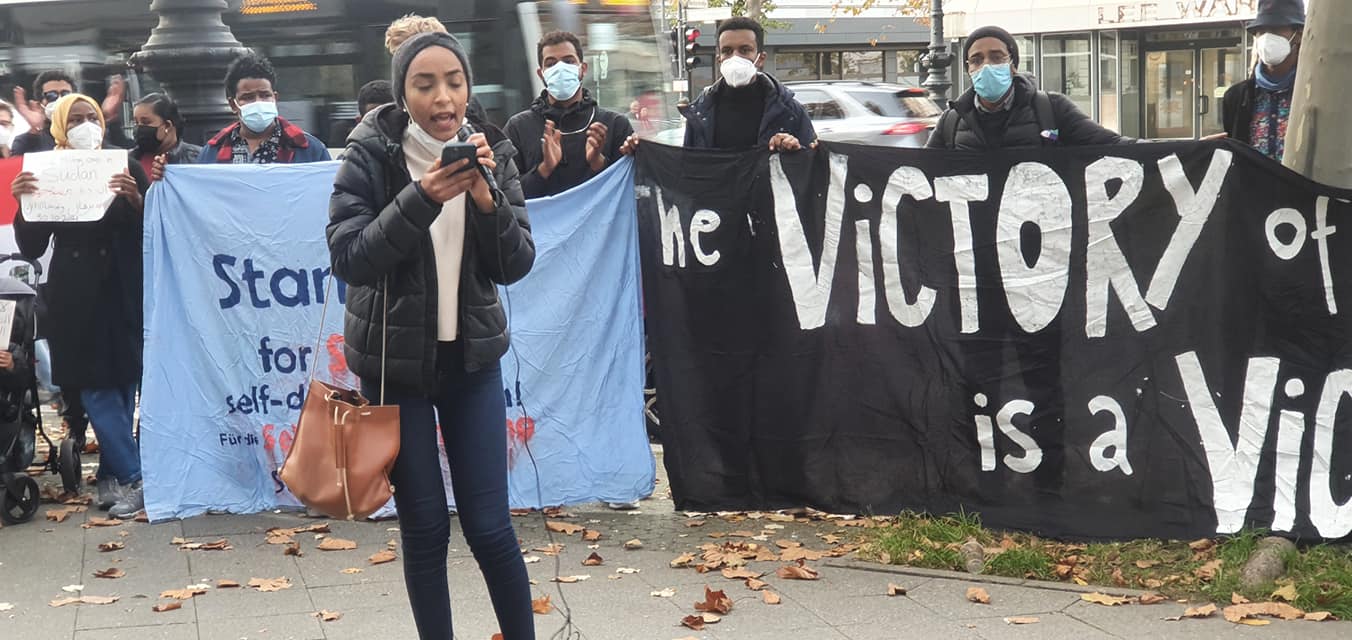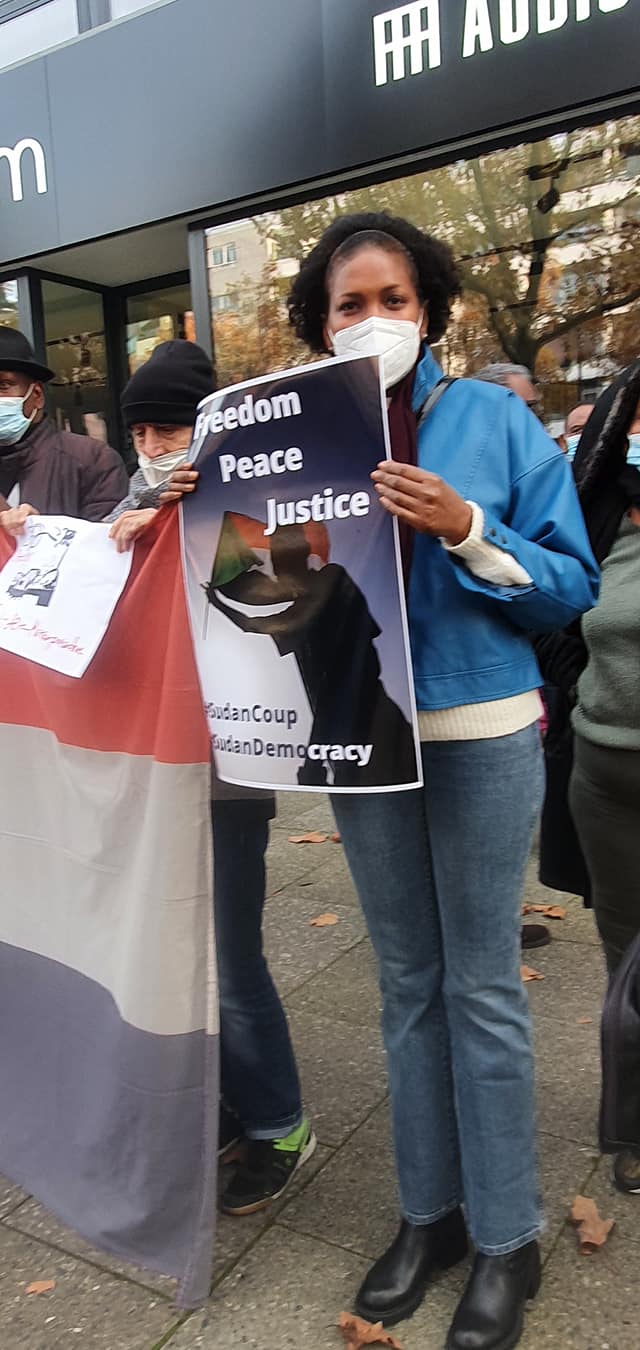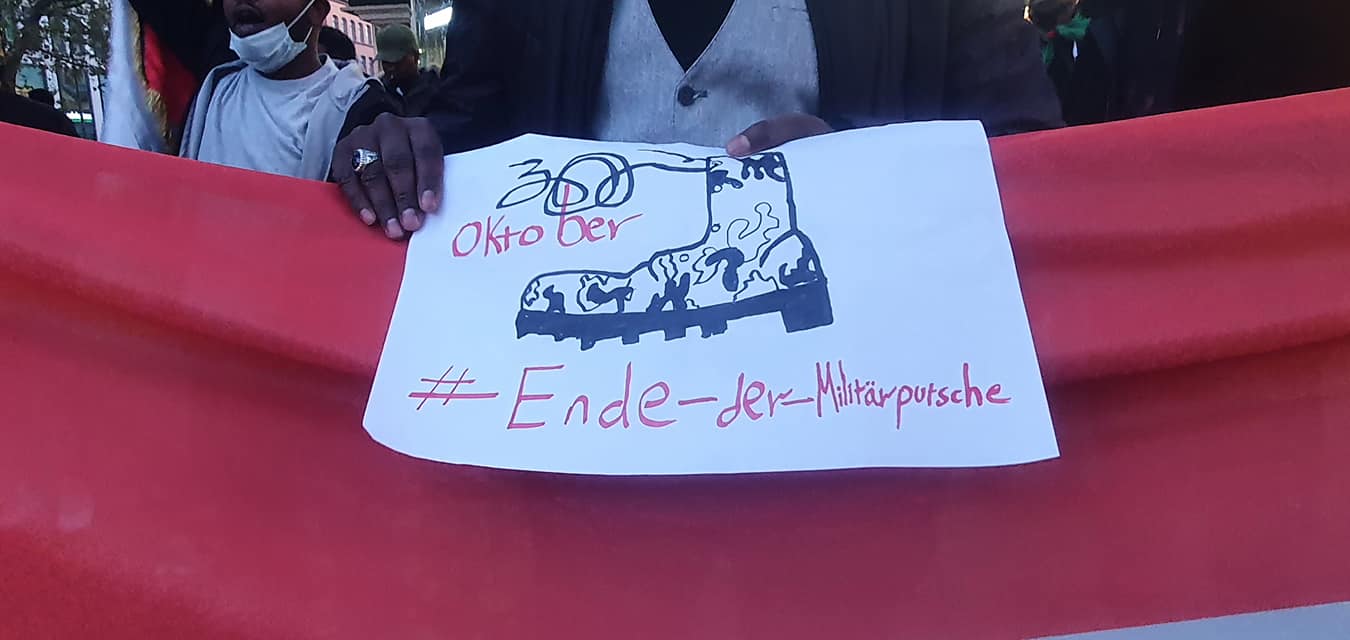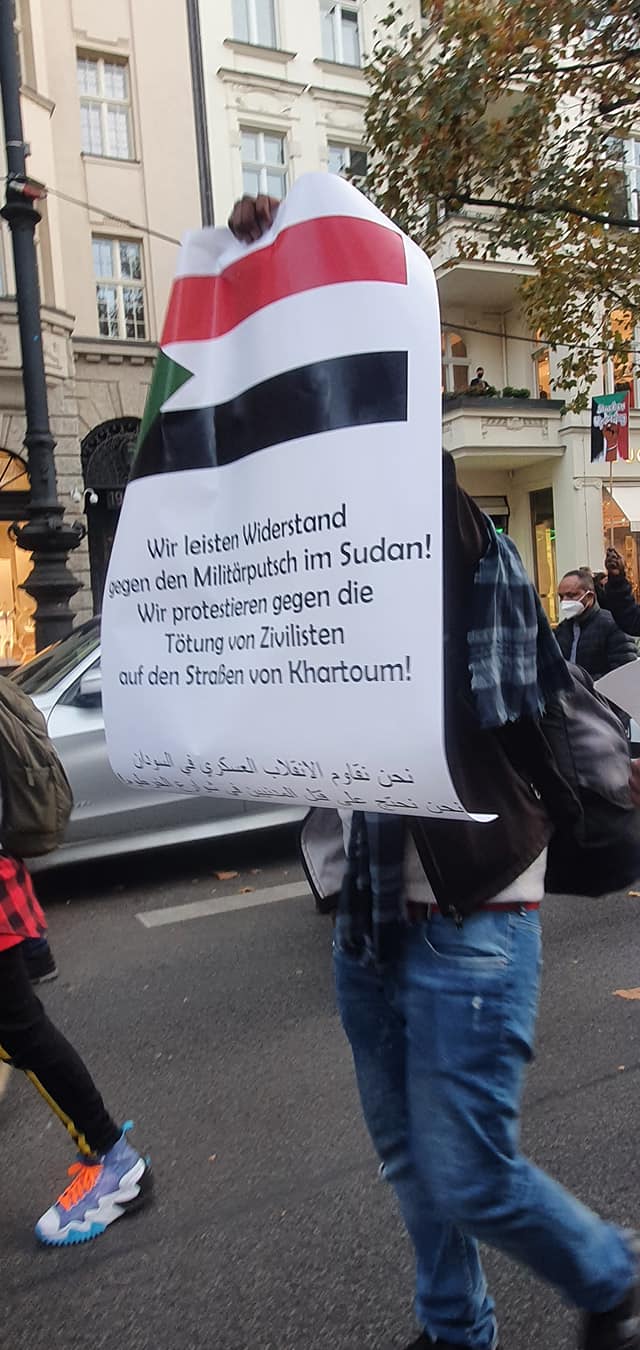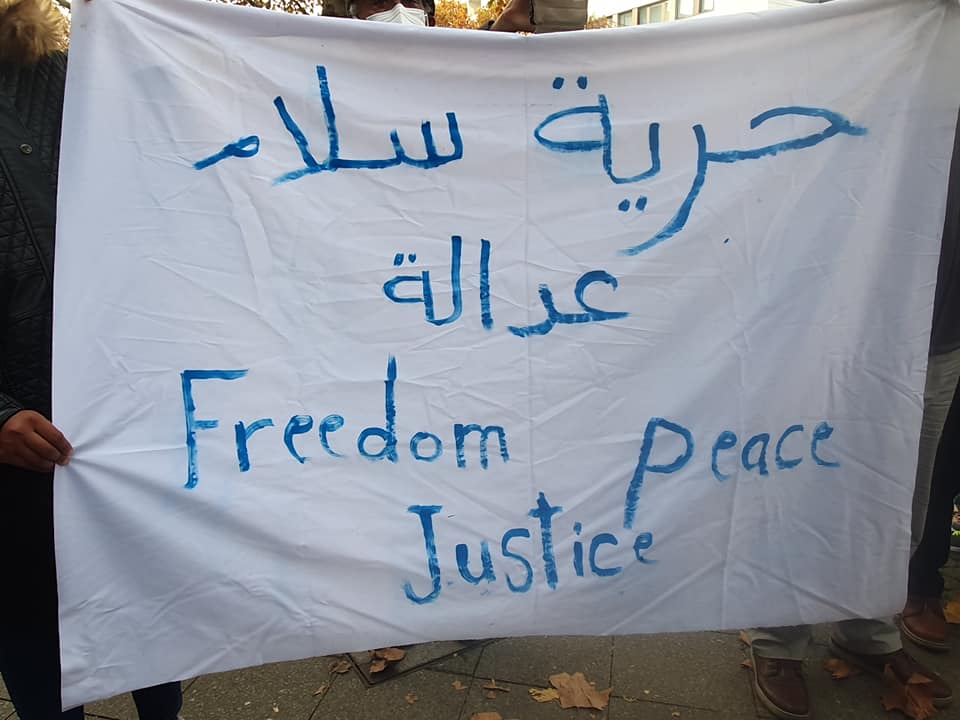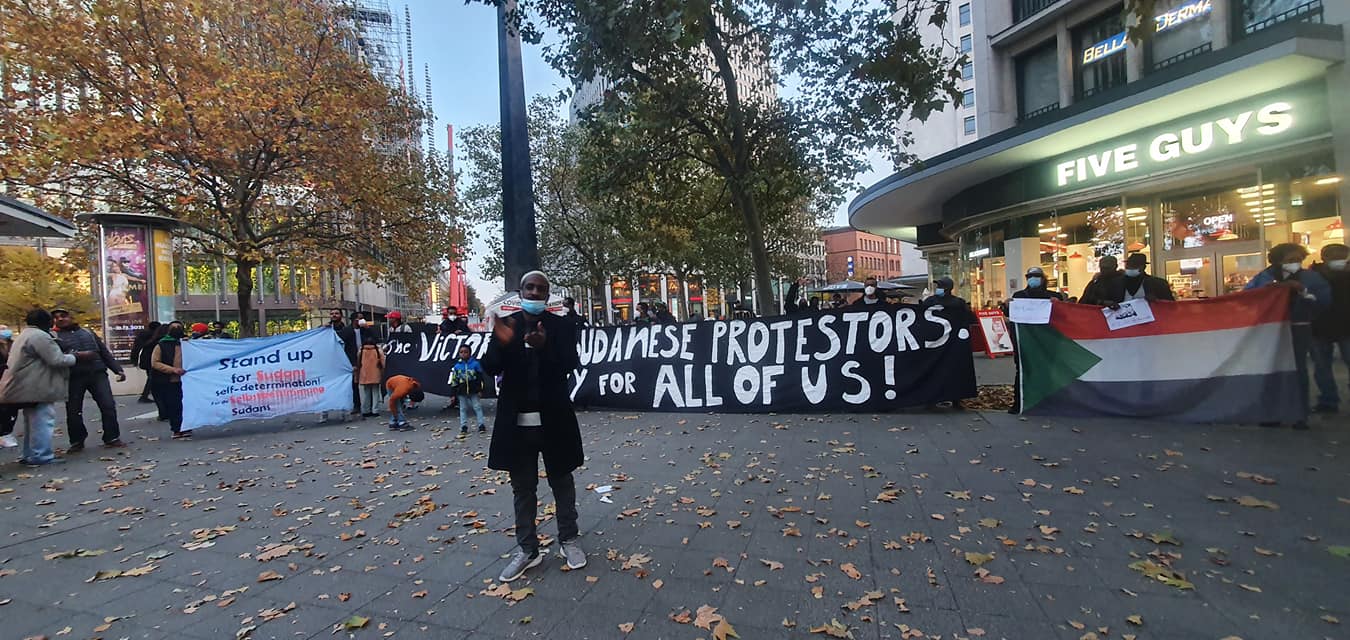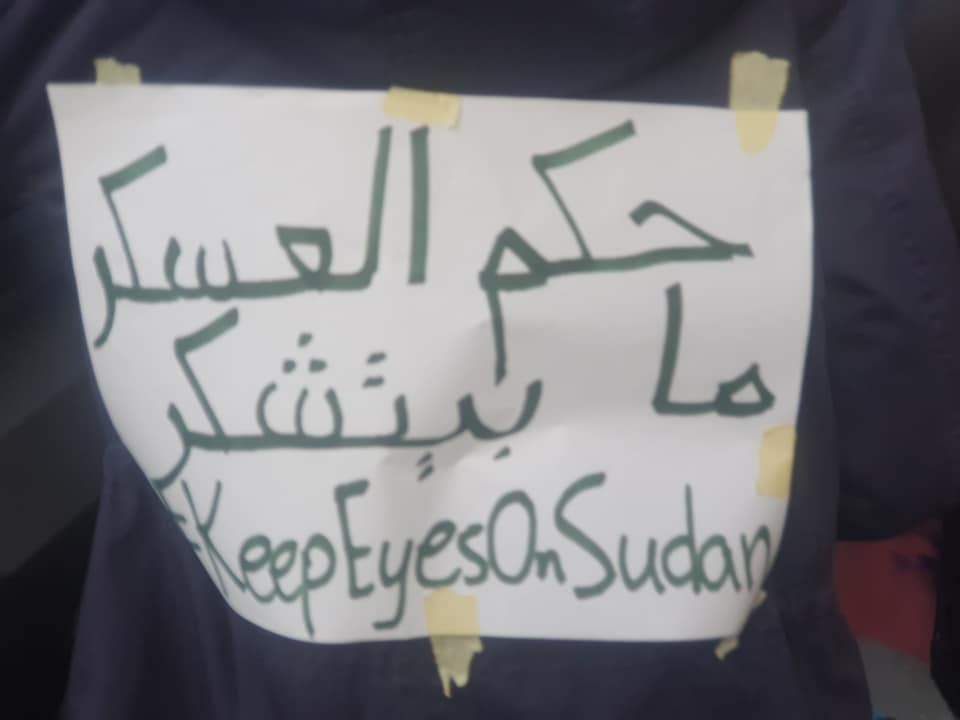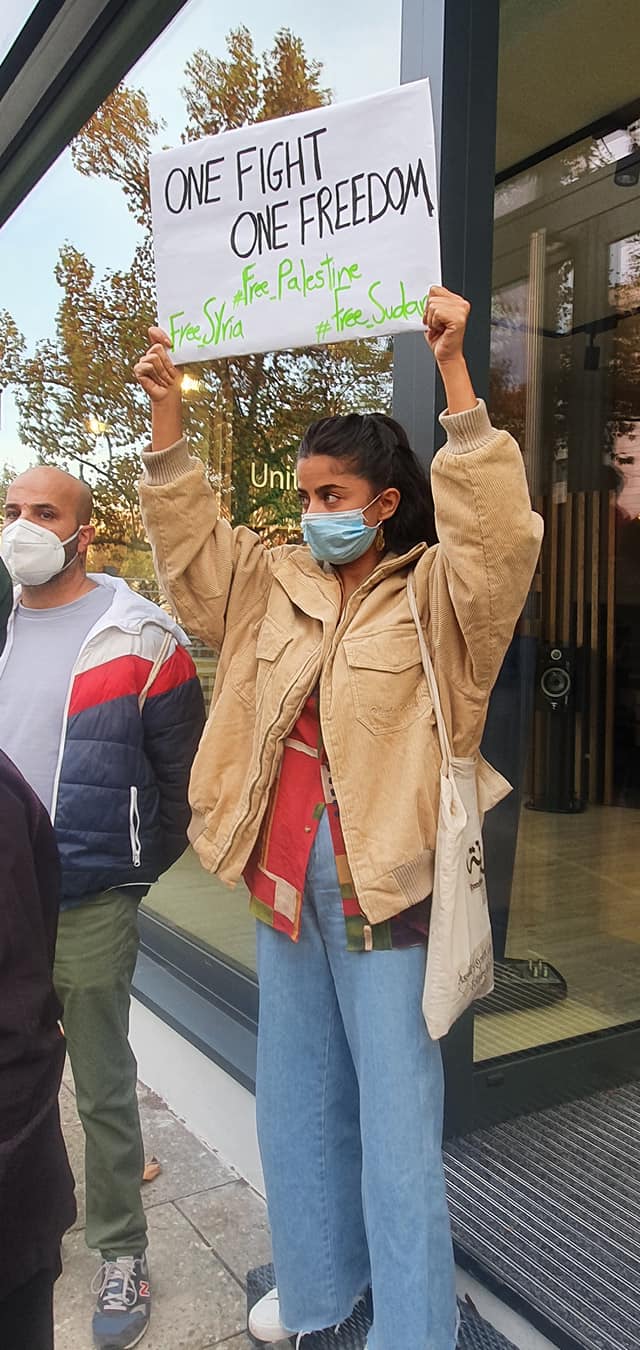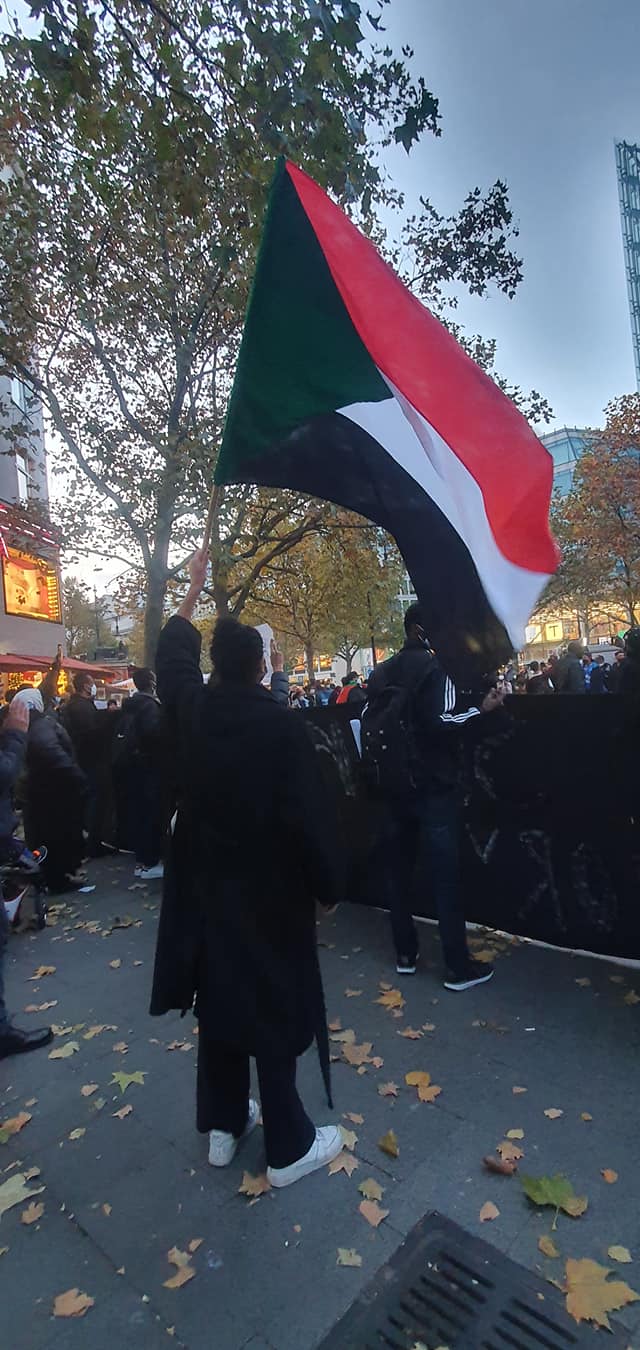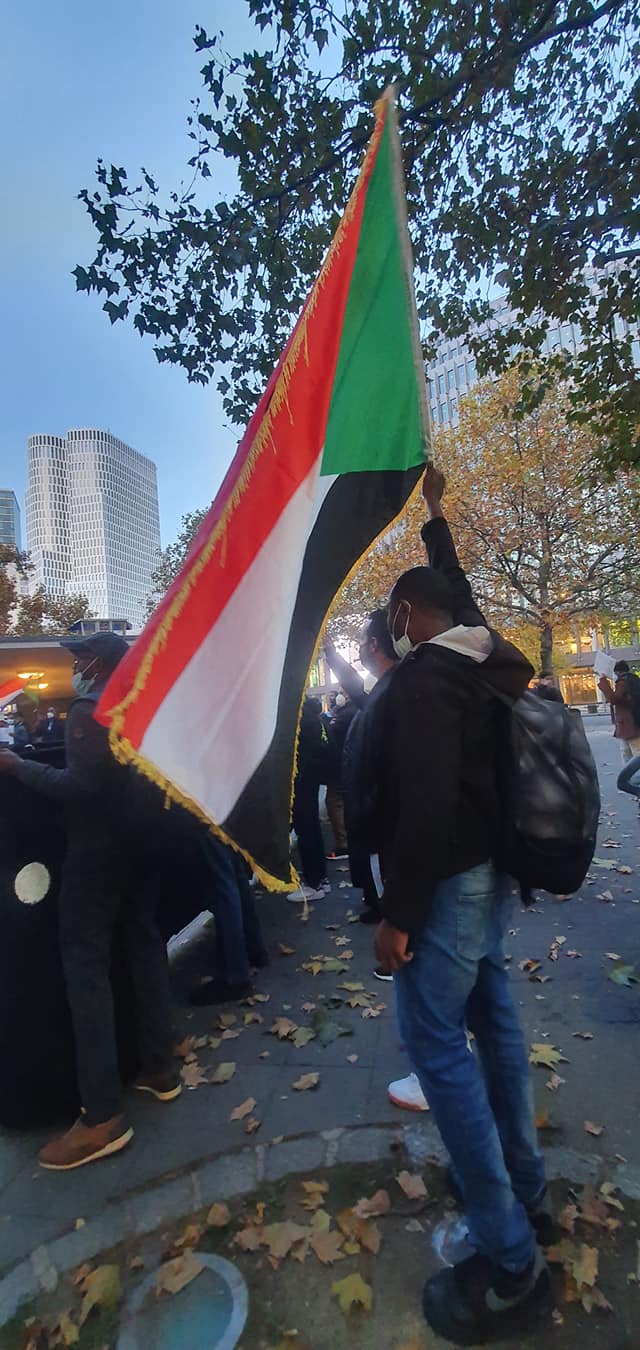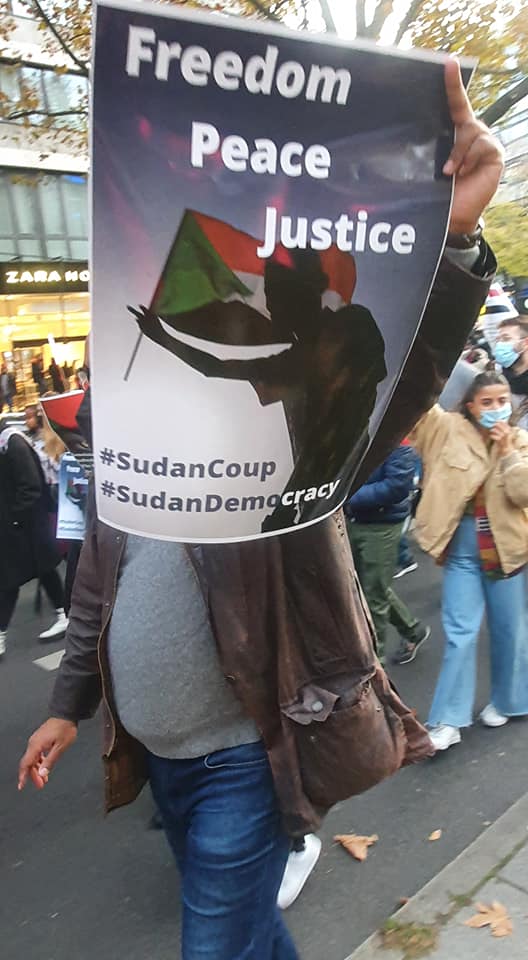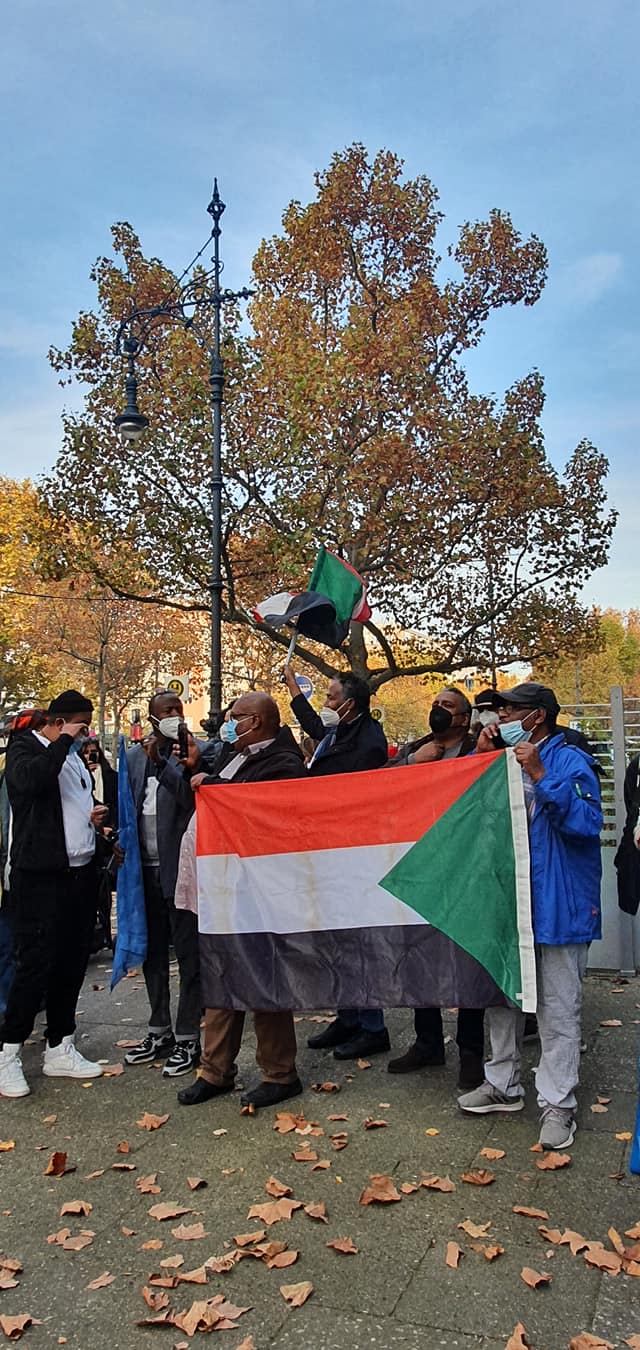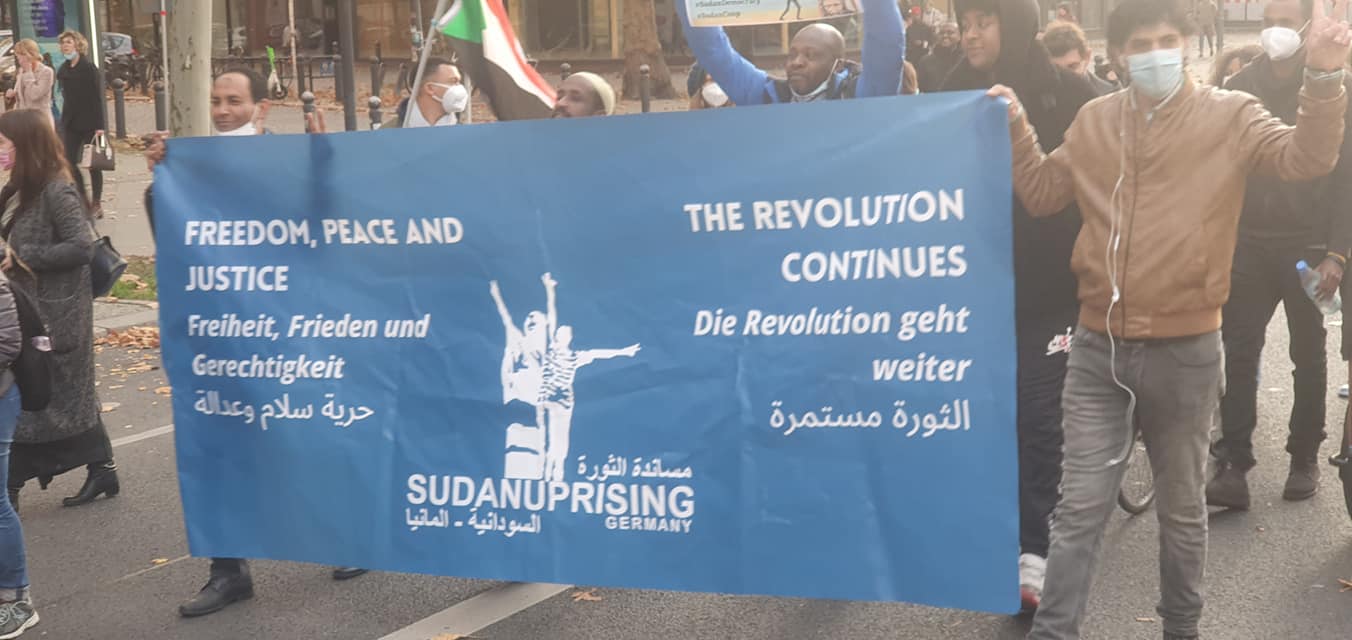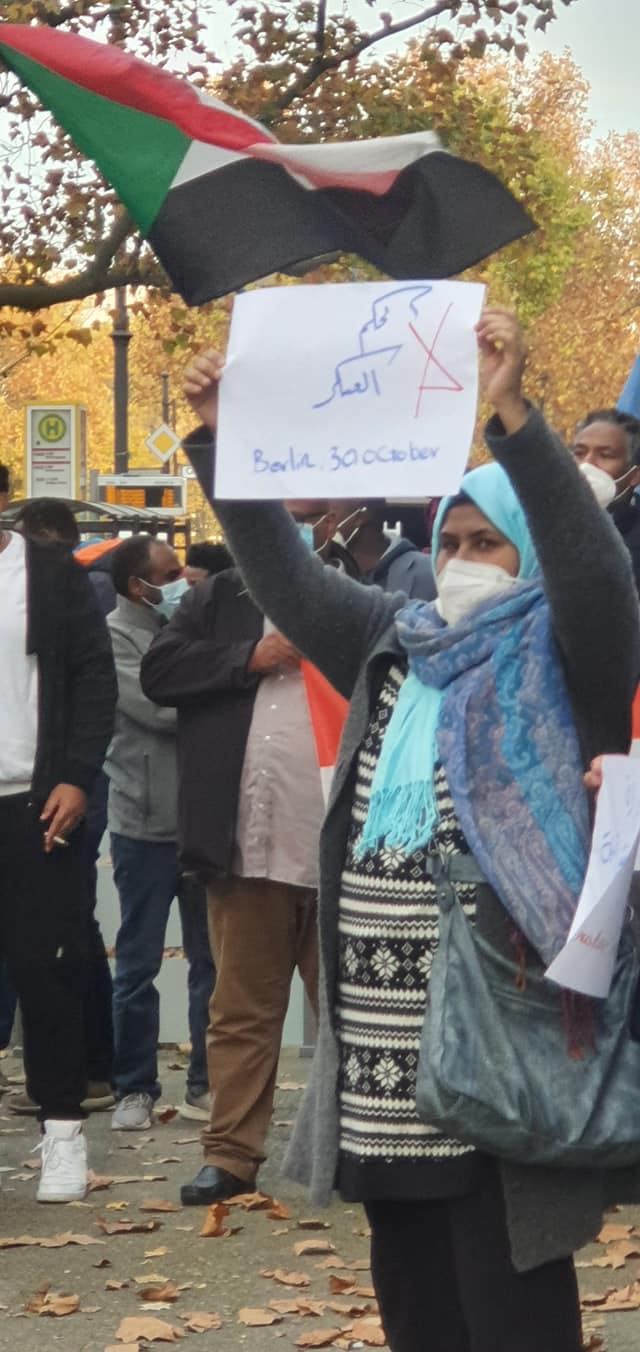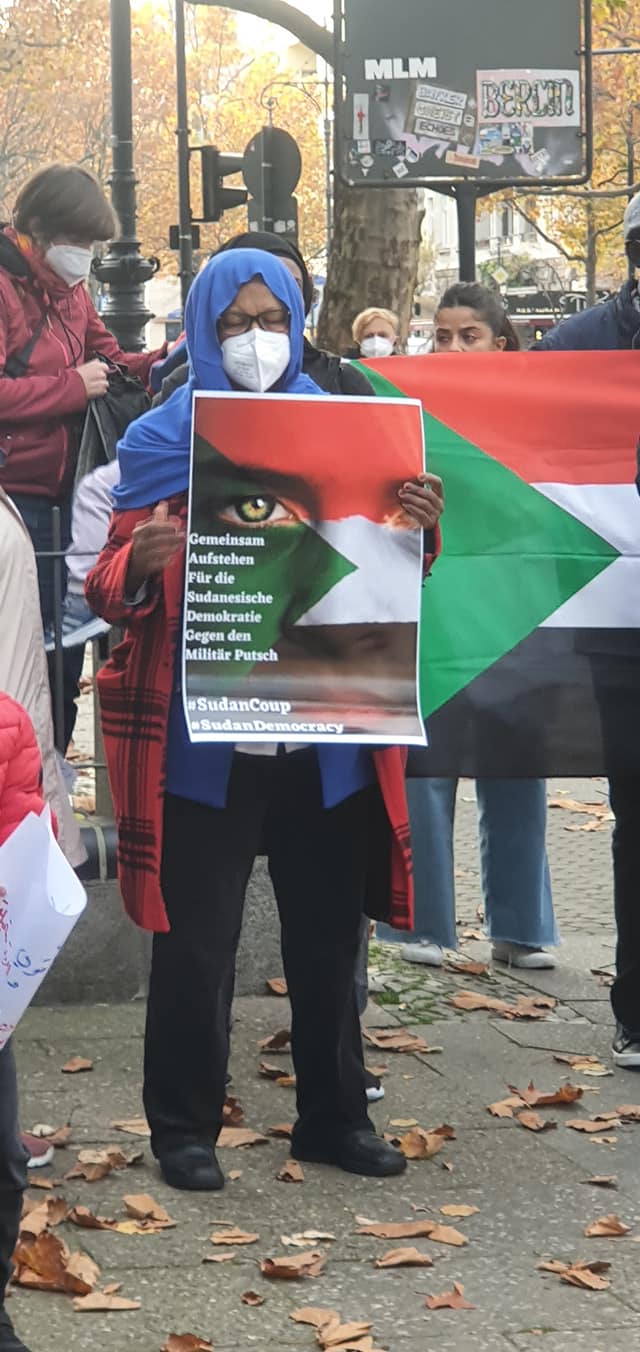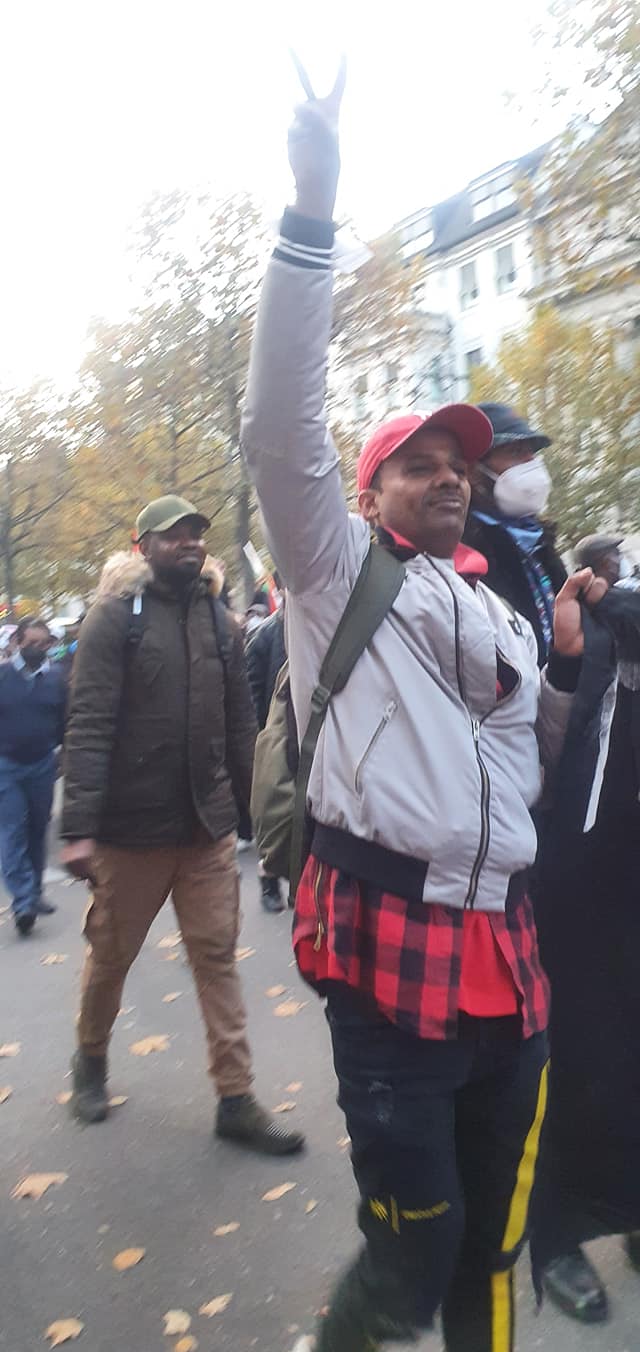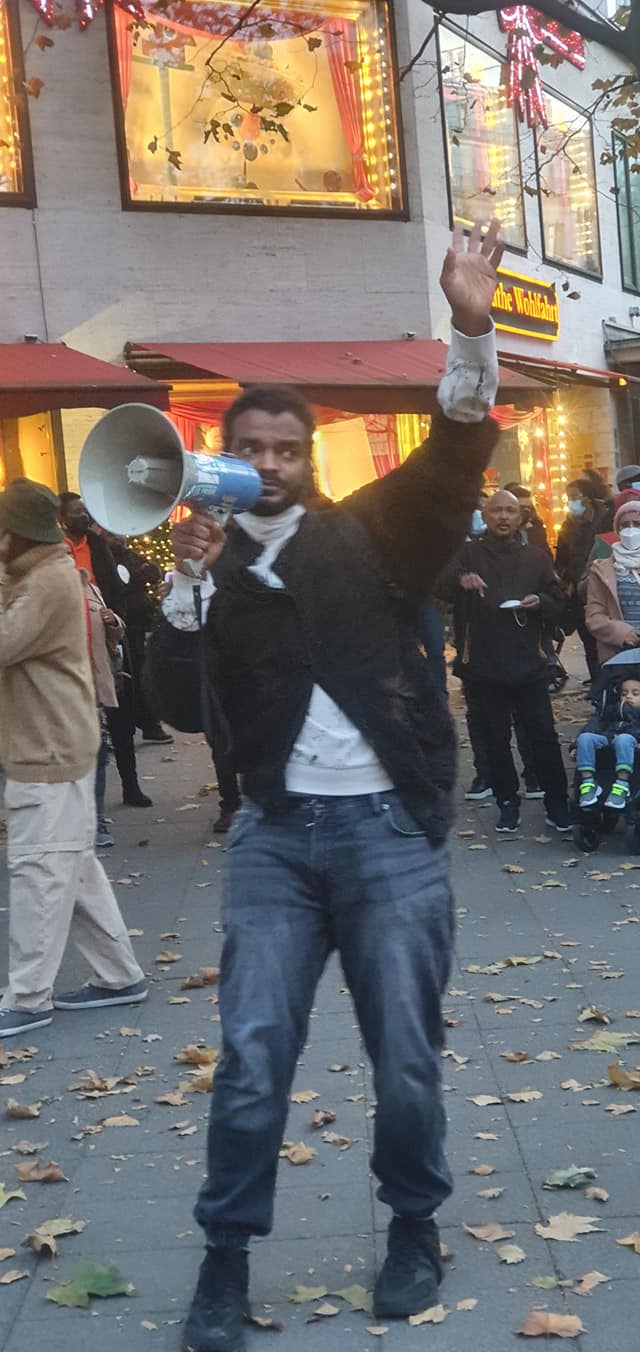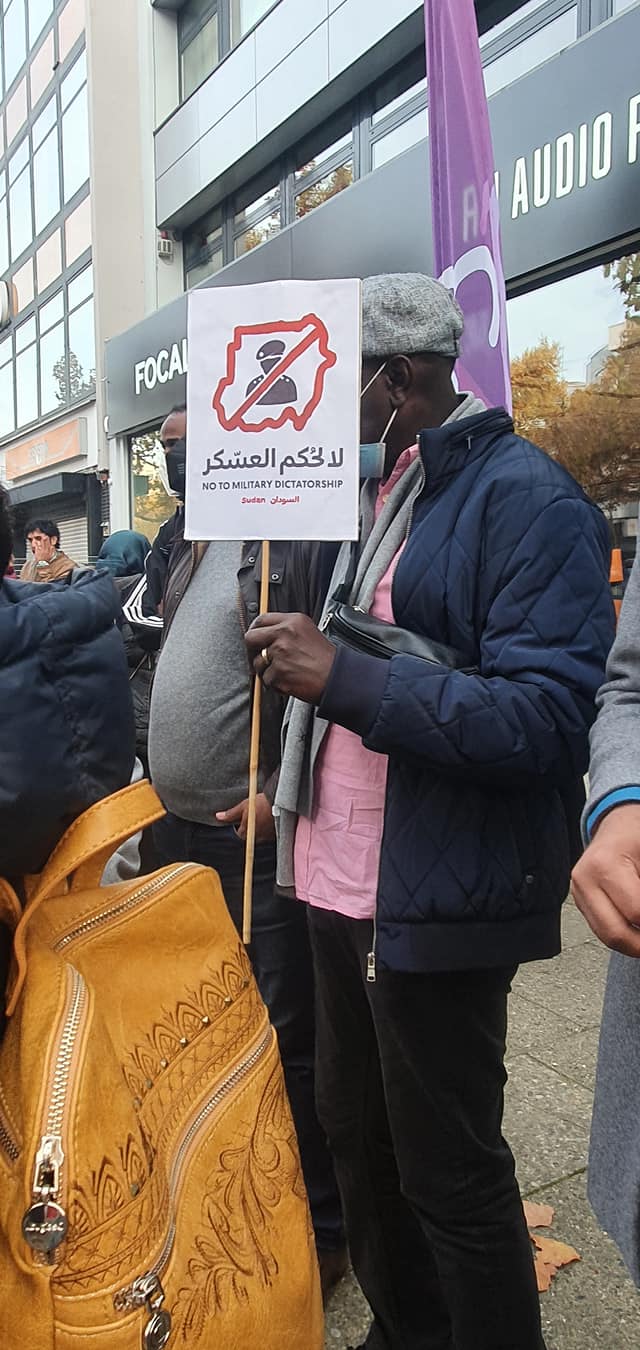It took 10 years for justice to end political maneuvering, and confirm the essential character of freedom of expression in democratic society. That includes the freedom to criticize the policies of a country by means of calls for boycotts. In this case, Israeli policies – by means of boycotts of Israeli products.
The beginnings of the BDS campaign in France
Following the Palestinian appeal of July 2005, BDS actions began in France in 2007. Legal proceedings were launched by the AFPS and the PLO against French companies Alstom and Veolia for participating in the construction of the Jerusalem tramway. Actions calling for a boycott of products remained limited in number until 2009. There were only a small number of actions in 2009. Only one legal prosecution was made against these actions. On February 10, 2010, an activist was convicted following the complaint of a Carrefour store “for minor damage.” This complaint was reclassified by the prosecutor as an “incitement to racial, national and religious discrimination.” This was intended to transform this militant act into an ‘anti-Semitic offense’. [1]
The French government’s counteroffensive
With remarkable speed, only two days after this conviction, the Ministry of Justice sent a memo to the public prosecutors. This firmly urged prosecution against actions calling for a boycott of Israeli products on the basis of Article 24 paragraph 8 of the 1881 press law.
The Minister of Justice, Madame Alliot-Marie, announced the circulation of this memo at the CRIF dinner in Bordeaux on February 19. She said “I do not accept that people, non-profit leaders, politicians, or ordinary citizens, call for boycotts of products on the grounds that they are kosher or that they come from Israel.” So began the amalgam.
On May 12, 2012, the day of the transfer of powers following the presidential election, the then Minister of Justice, Mr. Mercier, added a layer to the affair. He sent a new memo, reminding prosecutors of Article 225-2 of the Penal Code, penalizing “offenses of discrimination consisting of impeding the normal exercise of an economic activity.”
These two memos were the source of the legal proceedings initiated by several prosecutors. Most often they responded to complaints from associations supporting Israeli policies [2]. They were against activists who had taken part in actions calling for boycotts, generally in front of stores selling Israeli products and products from Israeli settlements.
Nine legal proceedings took place between 2010 and 2015: five of them led to the acquittal of the activists, and four to their conviction. The judgment of the Pontoise TGI in December 2013, examples the rationale of the acquittals: “This call to boycott is, in reality, a passive criticism of the policy of a state, criticism falling within the free play of political debate which is at the very heart of the notion of democratic society. Thus, since the right to express oneself freely on political matters is an essential freedom in a democratic society, this call for a boycott falls within the normal framework of this freedom.”
On the other hand, the Court of Appeal of Colmar (2013) developed a reasoning reflecting the misuse of the 1881 law as “recommended” by the two memos to condemn defendants. The appellate court considered that calling for a boycott constituted discrimination against people, since Israeli products are manufactured by Israeli producers, who are groups of people who belong to a nation…
The appeal filed against the ruling of the Colmar Court of Appeal was rejected by the Cour de Cassation in October 2015.
The insidious ban and illegality of calls to boycott in public discourse
Despite the two memos, reflecting the political will of the government(s) to repress BDS, actions developed continuously over the following years [3] in multiple forms. These included: calls for a boycott of Israeli settlement products; calls for a boycott of Israeli products; calls for a boycott of certain public events promoted by the Israeli government; questioning French companies participating in the colonization; demand for sanctions against Israeli policies (including the suspension of the EU-Israel agreement with regard to the violation of its second article). Parallel to these developments, the two memos, the few judgments condemning activists, and (especially) the ruling of the Cour de Cassation in October 2015 – introduced the prohibition, or illegality of boycott calls – into the public discourse.
The day after the Cour de Cassation decision, Le Monde reported November 2015: “doubt is no longer possible: the simple call to boycott Israeli products is totally illegal in France. And severely punished. Two rulings by the Court of Cassation […] make France one of the few countries in the world, and the only democracy, where the call for a boycott by an association or civic movement to critique the policy of a third party state is prohibited.”
In its wake the Paris Council vowed to “condemn the boycott of Israel and calls to participate in this boycott that are relayed at gatherings in Parisian public space” in February 2016.
A demonstration on the same day to protest against this was authorized by the Paris Police Prefecture, but included a clause that “[in accordance with the decisions of the Cour de Cassation] it is forbidden […] to call for a boycott of Israeli products. Anyone infringing this prohibition will be called into question.”
In October 2016, the Île-de-France Regional Council adopted an amendment “excluding all funding to organizations calling for a boycott of Israel.” A few months later it established a “Regional Charter of the Values of the Republic and Secularism” in March 2017, to exclude associations from regional aid if they “participated in the BDS movement, since these calls constitute a criminal offence.”
This questioning of the legitimacy of calls to boycott was further reinforced. Very serious and recurring statements were made by the President of the Republic and other political figures starting in mid-2017, amalgamating anti-Zionism and anti-Semitism, to target the Palestinian solidarity movement.
Let us recall the discordant voice of the EU High Representative for Foreign Affairs, Federica Mogherini. In response to a parliamentary question on this subject, she stated September 2016 that “the EU stands firmly for the protection of freedom of expression and freedom of association, consistent with the Charter of Fundamental Rights of the European Union, which is applicable to the territory of the EU Member States, including BDS actions carried out on that territory. Freedom of expression, as emphasized by the jurisprudence of the European Court of Human Rights (ECHR), also applies to information and ideas that ‘offend, shock or disturb the State or any sector of the population’.”
Unfortunately, this statement remained isolated. Successive Ministers of Justice under the Hollande presidency rejected requests to withdraw the memos.
The judgment of the ECHR seals the situation with a denial of previous rulings
The rejection of an appeal by the Cour de Cassation in October 2015 – in a very dry ruling (despite doubts expressed by rapporteur) – led 11 of the 12 convicted activists to file a petition with the ECHR in March 2016.
The ruling issued at the end by the ECHR on June 11, 2020 concluded that France had violated Article 10 of the Convention. The ruling was unanimous among the seven judges who composed the Chamber, one of whom was French.
In its well-reasoned judgment, the ECHR emphasized that the judges in Colmar and the Cour de Cassation had limited themselves to considering that there was discrimination against the producers of the products on the basis of their origin in order to condemn the activists; but that they had not taken into account the resulting restriction on freedom of expression which was not “necessary in a democratic society.” The ECHR based its decision on the basis of the boycott action, the motivations of the activists and the circumstances of the action (see text below).
We quote three excerpts from the judgment:
“… it is clearly in order to provoke or stimulate debate among the consumers of the supermarkets that the claimants carried out the actions of calling for a boycott which led to the proceedings which they denounce before the Court.”
“The Court observes that the applicants were not convicted of making racist or anti-Semitic statements, or of calling for hatred or violence. Nor were they convicted of violence or of causing damage during the events of September 26, 2009 and May 22, 2010. It is also clear from the file that there was no violence or damage. The supermarket in which the applicants carried out their actions did not, moreover, bring a civil action before the domestic courts.“
“Indeed, on the one hand, the actions and remarks of which the applicants were accused concerned a subject of general interest, that of respect for public international law by the State of Israel and the human rights situation in the occupied Palestinian territories, and were part of a contemporary debate that is open in France as well as in the entire international community. On the other hand, these actions and comments emanated from political and militant expression.”
The judgment concludes more broadly on the nature of political speech:
“Political discourse is controversial and often virulent. It is nonetheless in the public interest, unless it degenerates into a call for violence, hatred, or intolerance. That is where the line is drawn.”
It should be remembered that the judgment enjoins the French State to pay financial compensation (material damage, non-material harm, costs, and expenses) within three months of the final judgment. [4]
The case is clear today: The call to boycott is a citizen’s right, which cannot be called into question, as long as “it does not degenerate into a call for violence, hatred, or intolerance.”
What’s next? [5]
We have always said during ten years of moral, political, and judicial pressure that “No, the call to boycott is not illegal”. We continued to practice this through our various campaigns.
We now have clear, formal confirmation from the highest jurisdiction that this is the case.
It is now up to us, to hammer home the truth that “the call for a boycott is a citizen’s right,” and that it is LEGAL. We must remind all public authorities, members of parliament, local authorities, companies, and all those who spread “fake news” – by informing them during our public actions with our leaflets, banners, slogans… so that everyone knows that we are on the side of the Law.
In the last nine months, two court decisions – the CJEU ruling on the labeling of settlement products, and the ECHR ruling on the right to call for a boycott – and the UNCHR decision – with the publication of a first list of 112 companies that contribute to the colonization of the occupied Palestinian territory – have confirmed the righteousness of our struggle, our objectives, lines, and means of action, thus clearing the way for the solidarity movement to continue and strengthen its struggle for the Law.
Footnotes
[1] ATTAC
[2] Including BNVCA, Alliance France-Israel, CCFI, Avocats sans frontières, and LICRA
[3] On average between 50 and 100 actions per year between 2010 and 2019
[4] For a total amount of about 100 000€.
[5] Article 73 of the Convention concerning the referral to the Grand Chamber requested by a party says: “Under Article 43 of the Convention, any party may exceptionally, within three months from the date of delivery of the judgment by a Chamber, file with the Registry a request for referral to the Grand Chamber, indicating the serious question concerning the interpretation or application of the Convention or the Protocols thereto, or the serious question of a general nature which, in its opinion, deserves to be considered by the Grand Chamber. 2. A panel of five judges of the Grand Chamber constituted in accordance with article 24 § 5 shall examine the application solely on the basis of the existing file. It shall not accept the application unless it considers that the case raises such a question. The decision to reject the application need not be reasoned. 3. If the panel upholds the request, the Grand Chamber shall give a judgment “.
This article first appeared in French on the Website of the Association France Palestine Solidarité. Translation: FM. Reproduced with permission.
